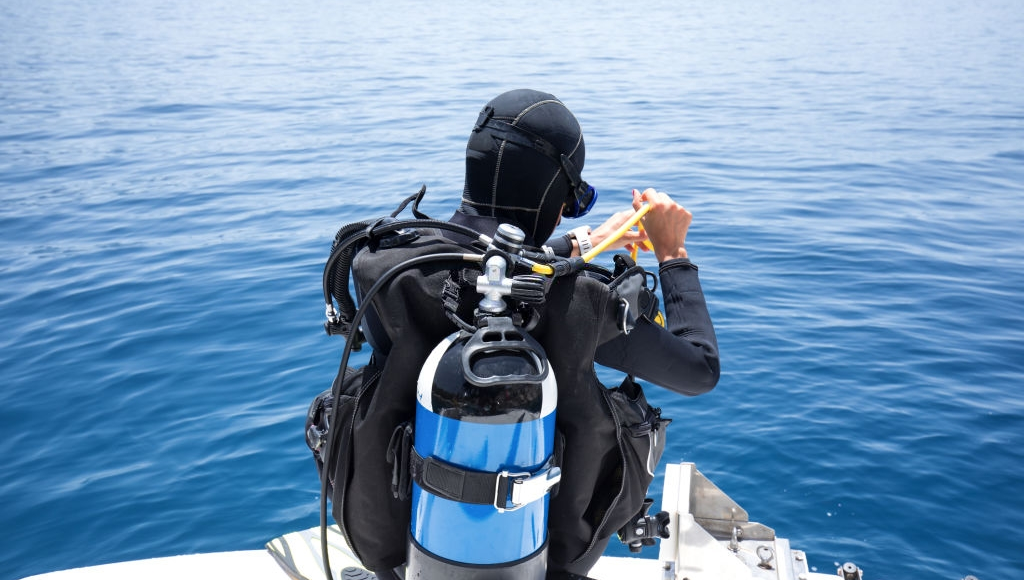Diving Sites in Port Blair



Scuba Diving Courses for All Levels in the Andaman Islands
Ranging from beginner to professional, there are dive schools that are engaged in offering all kinds of scuba diving courses in the Andaman Islands. And if you are still not there yet and are unsure whether you would want to pursue diving education, then there are fun dives for you, and that too at the best spots across the Andaman Islands. Moreover, it is absolutely fine if you don’t know swimming as there are courses and scuba dives for non-swimmers as well.
An enthralling experience, scuba diving takes you deep treasures of the ocean and makes you feel those feelings you didn’t even know exist. Scuba diving evolves your mind and offers you immense peace. You get close to nature and that helps you in communicating with it even more closely.
In India, the Andaman Islands are considered the best destination for scuba diving Its marine life is extremely rich and is home to colourful corals and vibrant aquatic creatures. Whether you are a non-swimmer or someone who is willing to pursue scuba diving education, then the Andamans is the best place to do so.
The island is dotted with a number of PADI shops that will help you in understanding our oceans in a better way. The dive courses will teach you the basics of scuba with the help of a perfect mixture of theory and sessions of confined water open water dives in the tropical waters of the Andaman Islands.
If you keep on pursuing your scuba diving education, then you will become a certified diver in the future who can plan and dive independently anywhere in the world. For instance, if you are an Open Water Diver, then you can take up Advanced Open Water Course and dive at deeper water levels.
PADI scuba diving courses give you the gills to breathe and fins to swim–the best theoretical knowledge and repetitive skills practices and practical dives. When you are underwater, you can explore oceans across the world like marine creatures. We, at Dive Andaman, are committed to ensuring that you have a memorable scuba diving experience in the Andaman Islands.
Learning scuba diving in the Andaman Islands is easy, safe, and fun You can access PADI courses at any time of the year at your convenience. The diving instructors are multi-lingual and thus, suitable for all people. You can also choose to start the theory section over the internet. There are various dive schools in the Andaman Islands, and Dive Andaman is the most sought-after among them.
You can learn to scuba dive in the Andaman Islands as per your convenience and preferences. The scuba diving courses in Havelock, Port Blair & Neil Island are absolutely under your budget
Feel Your
Dive Experience
Dive Experience
Scuba Diving Blog
-
July 28, 2022
The sea is a desert of waves and storms, A wilderness of water. - Langston Hughes
-
July 28, 2022
There are many path ways of life, but all the good path lead to the islands. Away from the hustle of the mainland, amidst the Bay Of Bengal lies the clusters
-
July 28, 2022
There is a story behind every person. There is a reason why the way they are. Think about that and respect them for who they are. - Marc and Angel
-
July 28, 2022
Millions and billions in number, the vibrant marine life of Andaman cannot be counted. Fish, corals, reefs, etc., every fauna of the Andaman sea is unique
-
July 28, 2022
When planning your trip to the heaven called Andamans, you need to be a little prepared. The clusters of islands of Andamans offer basic amenities but being prepared is always beneficial.
-
July 29, 2022
The Indian archipelago of Andaman and Nicobar Island is considered a paradise for Biological Diversity. About 8452 species of fauna are marked in this area, of which 846 are endemic to these
-
August 08, 2022
If you are a beginner, then scuba diving in Havelock Island (now known as Swaraj Dweep officially) can be a much more amazing experience than expected. The number of first-timers has skyrocketed over the last few years when it comes to scuba diving in the Andaman Islands.
-
August 08, 2022
You are likely to get one of these two reactions when you tell someone that you are a scuba diver. First, if the person is also a diver, then they will appreciate you and
-
August 08, 2022
When we start exploring the underwater world by scuba diving, we get to know what we should do before and after our dive. But it is equally important to know what we should not be doing after diving
-
August 08, 2022
Ranging from beginner to professional, Dive Andaman is engaged in offering all kinds of PADI courses. And if you are still not there yet and are unsure whether you would want to pursue diving education
-
August 08, 2022
The soothing and sunny vibes of the Andaman Islands tempt travellers to come here from all over the world. This union territory of India mesmerises everyone with its oozing natural beauty
-
August 08, 2022
The Andaman Islands, the most gorgeous union territory of India, is home to the richest marine life in the country. Here, one can see a myriad of aquatic creatures under the waves
-
August 08, 2022
Can you do scuba diving if you don’t know swimming? The answer is quite simple– Yes! We, at Dive Andaman, make it possible for non-swimmers so that they can also feel the magical experience of being a part of the rich marine life of Havelock
-
August 08, 2022
Scuba diving is for everyone! This enthralling water adventure activity is something that you have never experienced before. While diving, it feels like you are transported to another world where you are enveloped by incredible life
-
August 08, 2022
Who says that you always need a boat to scuba dive! You can dive on the shore as well. It is called shore diving and it is very much rewarding as well. This is something that you should definitely
-
August 08, 2022
Counted among the most enthralling adventure activities, scuba diving is a thrilling experience and water sport that includes complex technical knowledge as well as advanced safety protocols. One lear
-
August 08, 2022
“Diving is an investment of time and money but the rewards can be life-changing, literally.”—Andi Cummings
-
August 18, 2022
When it comes to water sports, scuba diving is considered the best and the most popular across the globe. In India, the most sought-after destination for exploring the underwater world is the gorgeous union territory of the Andaman and Nicobar Islands. The group of islands is famous for pristine and peaceful beaches along with mouth-watering seafood. However, diving is something that attracts a good chunk of tourists to the isles.
-
August 18, 2022
Every year, travellers get attracted to the pristine beauty and untouched sandy beaches of Andaman Island. It has some of the most scenic spots for travel and nature lovers.
-
August 18, 2022
The capital city of the Andaman and Nicobar Islands, Port Blair, is a fairly decent place for scuba diving. One of the most popular beaches of the Andaman Islands, Corbyn’s Cove Beach, is located around 12 kilometres from the airport and is a great location for your underwater adventures and fun.
-
August 18, 2022
We at Dive Andaman believe this completely! Scuba diving is something that can offer you life-changing rewards. The first dive is the most special and unforgettable; no one can stop you after that. Diving is like meditation and once you have realized that, the oceans become a lot more in your life. The underwater world is like a paradise that promises to leave you spellbound with its hidden treasures. And that’s why diving is an extraordinary passion.
-
August 29, 2022
The Andaman and Nicobar Islands are the most gorgeous union territory of India. It is popular for its pristine beaches that are counted among the best in the country. The water here is home to amazing
-
August 29, 2022
A haven for photographers, the Andaman Islands is popular for its silky white sand, tranquil beaches, serene sunrise and sunsets, and cobalt waters. It is an ideal destination for a memorable pre-wedding photoshoot
-
August 29, 2022
For betrothed couples, spring and summer seasons are the perfect seasons to hear the dreams of wedding bells. For those couples who are more imaginative, taking a plunge under the water
-
September 05, 2022
Whether it’s a honeymoon trip, a family vacation, or a bachelor’s party, the Andaman and Nicobar Islands are one of the best destinations across India. The island is home to serene beaches
-
September 05, 2022
An extremely rewarding activity, snorkelling is simple! Just grab a mask and fins, rather than a heavy bag of scuba gear. A lot more flexibility is offered to you as you can easily carry your snorkelling
-
January 25, 2023
Do you wish to go scuba diving on the Andaman and Nicobar Islands but are not sure about the details?
-
February 09, 2023
Here’s a universal truth: we are all allowed to go crazy for Valentine’s Day. After all, it is one of the most special days that you can celebrate with the love of your life. But what about making it extra special? In fact, how about making it magical? You could just plan a trip to the Andaman Islands.
-
April 07, 2023
A must-do activity in India, scuba diving is something that every adventure seeker prefers. If you are someone who seeks thrills from your travels, then diving in the azure waters is all you need. Travelling in India and still thinking of which adventure activities to add to the itinerary? The best experience awaits you if you are planning to scuba dive here. The splendid natural charm will enthral you and the diverse marine world will enamour you. Begin an adventure of a lifetime by diving into a new world!
-
April 19, 2023
"75% of the Earth is water. Divers live on a much bigger planet." As a scuba diver, you can explore a gorgeous world under the ocean surface and make unlimited memories! When you start diving, you are bound to open up a new world of adventure in front of you. Scuba diving is an amazing water activity for everyone. It is exhilarating as well as tranquil. It is like meditation!
-
April 19, 2023
The Andaman Islands, located in the Bay of Bengal, offer a dreamy experience for travellers seeking a tropical paradise. With crystal clear waters, pristine beaches, lush rainforests, and a fascinating mix of cultures, the islands provide an escape from the hustle and bustle of city life, making it a perfect destination for those like Rohit seeking relaxation and adventure.
-
April 19, 2023
India is home to some of the most beautiful dive sites in the world, with abundant marine life, vibrant coral reefs, and clear seas. Scuba diving in India is a remarkable experience that combines adventure and unmatched natural beauty. Divers like Maya and of all experience levels will find a lot to enjoy. So, let’s dive into the top destination suggestions in India for Scuba Diving, and you can choose the best place you like to visit.
-
April 19, 2023
Gone are the days when people just wanted to visit places like Goa and enjoy sitting at the beaches. Today, travellers seek more - they want to explore the unexplored and go for adventurous excursions. So if you are someone who is bored of the land and would rather wish to go someplace untouched, we have just the right thing in our mind - scuba diving!
-
April 19, 2023
Your trip to the Andaman and Nicobar Islands is incomplete if you don’t go scuba diving here.
-
April 24, 2023
Are you excited to explore the underwater world but don’t have enough funds so you can pay for your scuba diving course fees in India? Fear not, fellow Indian adventurer, as we have some great financing options and tips which will turn your dreams into a reality. As the popularity of scuba diving has increased immensely, the demand for affordable financing options has also increased. It’s no secret that scuba diving courses are expensive. But if you plan wisely and resourcefully, you can enjoy scuba diving without breaking the bank.
-
April 24, 2023
Deep-sea diving is typically a form of underwater diving that involves exploring the depths of the ocean, usually beneath 60 feet. There is a set of equipment to be used when underground deep sea diving in India, such as scuba gear, which is equipment allowing the divers to breathe underwater.
-
April 24, 2023
Scuba Diving, short for “self-contained underwater breathing apparatus” diving, is an underwater activity that involves the usage of a particular equipment to breathe and hence explore the underwater world. Scuba divers wear a tank of compressed air on their backs, a regulator to breathe from as well as fins to swim.
-
April 24, 2023
Ever thought of diving in the sea without any swimming experience, no swimming practice at all? If you are not a swimmer and are wondering, “Is swimming necessary for scuba diving?”, you have landed on the right page. In this blog, we will share with you everything associated with scuba diving and swimming so you can find out if you can perform the sport without possessing the skill or not.
-
April 24, 2023
India is a country of diverse natural beauty, and diving in its waters is an experience like no other. From the clear blue waters of the Andaman and Nicobar Islands to the vibrant coral reefs of the Lakshadweep Islands, India offers an incredible range of diving experiences for thrill-seekers.
-
April 24, 2023
Scuba diving is an activity that has become increasingly popular in recent years. With the help of modern equipment and training, it is now easier and safer to explore the underwater world. However, scuba diving is not a hobby that can be taken lightly. Proper training and certification are required to ensure the safety of the diver and the preservation of the underwater environment.
-
April 24, 2023
Scuba diving is a unique and unforgettable experience that offers a chance to explore the mesmerizing world beneath the ocean's surface. It allows you to witness the beauty of marine life, corals, and shipwrecks that are inaccessible to most people. However, getting started can seem daunting for beginners, as there's a lot to learn before you can dive safely.
-
May 02, 2023
Scuba diving is an underwater activity that allows individuals to explore the ocean while breathing through a regulator attached to a tank of compressed air. It requires proper training and equipment to ensure safe diving. Scuba diving allows individuals to experience the beauty of marine life and underwater landscapes. Here are 10 things you should know before you go scuba diving.
-
May 02, 2023
Scuba diving is a form of underwater diving where a diver uses a self-contained underwater breathing apparatus (scuba) to breathe underwater. It allows divers to explore and experience the underwater world, including marine life, shipwrecks, and geological formations. Scuba diving can be recreational or professional and requires proper training and certification to ensure safety. It is a popular activity for adventure seekers and nature lovers alike, offering a unique opportunity to explore the hidden depths of our planet. Here are 10 reasons why you should go scuba diving.
-
May 02, 2023
Boat diving in the Andaman Islands is an experience unlike any other. With its clear waters, vibrant coral reefs, and abundant marine life, the region is a haven for diving enthusiasts. From beginners to experienced divers, there are plenty of sites to explore, each offering a unique underwater landscape and fascinating creatures. The Andaman Islands are truly a diver's paradise, with a range of dive shops and operators offering courses, equipment rentals, and guided tours to help visitors make the most of their diving adventures.
-
May 02, 2023
The Andaman Islands offer some of the best shore diving in the world. With its crystal-clear waters, divers can explore the vibrant coral reefs and the diverse marine life that inhabits them. The islands have numerous dive sites, ranging from shallow to deep, suitable for divers of all levels. From schools of colorful fish to the majestic manta rays, the Andaman Islands' underwater world never disappoints. The warm, tropical climate and the stunning scenery above the water make this an unforgettable diving experience.
-
May 18, 2023
Snorkelling in the Andaman Islands is one of the sought-after reasons for tourists to visit this paradise in the Andaman Islands! This island is one of the most gorgeous destinations across India.
-
May 18, 2023
The Andaman and Nicobar Islands is one of the most gorgeous places in India. This union territory in the Bay of Bengal is known for having the best beaches and abundant marine life in the country.
-
May 19, 2023
Beneath the shimmering turquoise waters of the Andaman Sea lies a mesmerizing underwater realm, brimming with vibrant marine life and breathtaking coral formations. Havelock Island, nestled in India's Bay of Bengal, boasts some of the most remarkable scuba diving sites in the world.
-
May 19, 2023
The Andaman archipelago is one of the best destinations in the world for scuba diving. It’s no wonder then that many scuba divers from India and across the world flock to the island to explore scuba diving or to at least test their diving skills.
-
May 19, 2023
If you're a scuba diving enthusiast, then you've probably heard of Havelock Island, one of the most popular diving destinations in India. And if you're looking for the ultimate scuba diving experience
-
May 19, 2023
Are you looking for a unique and memorable way to explore the underwater beauty of Neil Island? Private boat charter for snorkelling in Neil Island might just be the perfect experience for you.
-
May 19, 2023
If you are an avid scuba diver or just looking for a unique and exciting adventure, a private boat charter for scuba diving in the Andaman Islands is an excellent choice.
-
May 22, 2023
As the name suggests, Turtle Beach in Havelock Island (Swaraj Dweep) was a nesting site for turtles in the past. A shallow fringing reef, it is enveloped by pristine blue water and the most gorgeous live hard corals in the Andaman Islands. It is a lesser-known beach and thus, you will not see any crowd there. You can have the entire beach to yourself. That’s why, it’s a must-visit beach in the Andaman Islands if you are travelling with your partner.
-
May 22, 2023
The Andaman and Nicobar Islands are known as a ‘tropical paradise’ owing to their serene beaches, sparkling soft white sand, gorgeous azure sea, and clear skies. Imagine basking under the sun while admiring the breathtaking views of the ocean. It is almost like a dream! The tropical destination offers innumerable vantage points for capturing postcard-worthy and Instagram-perfect photographs.
-
May 22, 2023
Are you looking for a unique and exciting scuba diving experience? Look no further than Diglipur Island, an idyllic paradise in the Andaman and Nicobar Islands. Diglipur Island is the perfect destination for scuba diving enthusiasts. And what better way to explore the depths than with a private boat charter?
-
May 22, 2023
Exploring the underwater world is an exhilarating experience that every adventure lover must try. Neil Island is a paradise for scuba divers – striking beaches and beautiful dive sites with stunning coral formations, what more can you dream of? If you want to explore the island and its beautiful and breathtaking underwater world, you should definitely book a private boat.
-
May 22, 2023
Private boat charters for snorkelling in Diglipur Island offer a unique opportunity to explore the beautiful underwater world of the Andaman and Nicobar Islands. Located in the northern part of the archipelago, Diglipur Island is known for its pristine beaches, lush green forests, and diverse marine life. A private boat charter allows you to explore the best snorkelling spots on the island at your own pace, without the crowds and distractions of other tourists. In this article, we'll explore everything you need to know about private boat charters for snorkelling in Diglipur Island.
-
May 25, 2023
Situated in the northern part of the Andaman and Nicobar Islands, Diglipur is renowned for its untouched natural beauty. The island boasts lush tropical forests, serene beaches
-
May 25, 2023
The Andaman Islands, located in the Bay of Bengal, is a tropical paradise that beckons adventure seekers from around the world.
-
May 25, 2023
Hey adventure seeker! Have you ever heard about the adventures rendered by the Andaman Island? Well
-
May 25, 2023
Havelock Island, situated in the Andaman and Nicobar Islands of India, is a breathtaking tropical destination that has gained immense popularity among tourists.
-
May 25, 2023
The Andaman Islands, nestled in the Bay of Bengal, are known for their breathtaking natural beauty, crystal-clear waters, and diverse marine life. If you’re a fan of snorkeling
-
May 25, 2023
In recent years, private boat charters have witnessed a significant surge in popularity for travel between Havelock Island and Port Blair.
-
May 25, 2023
Diglipur Island, located in the Andaman and Nicobar Islands of India, is a captivating destination known for its pristine natural beauty and enchanting landscapes.
-
May 25, 2023
Neil Island, also known as Shaheed Dweep, is a pristine island located in the Andaman and Nicobar archipelago in the Bay of Bengal, India. Known for its crystal-clear waters, coral reefs, and lush greenery
-
May 25, 2023
In recent years, private boat charters have experienced a significant surge in popularity among travelers seeking unique and personalized experiences. This growing trend can be attributed to several factors
-
May 25, 2023
Barren Island, situated in the midst of the Andaman Sea, is a mesmerizing destination that beckons adventure enthusiasts with its natural wonders and thrilling aquatic experiences.
-
May 25, 2023
The Andaman Islands, with their breathtaking beauty and pristine natural surroundings, have long been a sought-after destination for travelers seeking a tropical paradise.
-
May 25, 2023
Private boat transfers offer a level of privacy and exclusivity that is unmatched by public transportation.
-
May 25, 2023
Have you ever imagined yourself stepping into a realm that transcends the ordinary, where a new world awaits beneath
-
May 25, 2023
Do you wish to explore the hidden gems of Andaman Island, like turquoise waters and other hidden treasures of this tropical paradise? If yes, then the private charter boats come into play.
-
May 25, 2023
The Andaman Islands, nestled in the Bay of Bengal, are known for their breathtaking natural beauty, crystal-clear waters, and diverse marine life. If you’re a fan of snorkeling
-
May 25, 2023
A vacation in the Andaman Islands is perfect for everyone–be it families, couples, friends, or solo.
-
May 29, 2023
The moment you land on the gorgeous Andaman and Nicobar Islands, you will be bombarded with posters of scuba diving everywhere you look
-
May 30, 2023
Havelock Island, nestled in the Andaman and Nicobar archipelago in the Bay of Bengal, is a paradise for nature enthusiasts and adventure seekers alike.
-
May 30, 2023
The Andaman Islands, located in the Bay of Bengal, are renowned for their pristine beaches, turquoise waters, and abundant marine life.
-
May 30, 2023
Havelock Island, located in the Andaman and Nicobar Islands of India, is a paradise for water sports enthusiasts.
-
May 30, 2023
Havelock Island, located in the Andaman and Nicobar Islands of India, is a picturesque paradise know for its pristine beaches, crystal-clear waters, and lush greenery.
-
June 06, 2023
Located on Govind Nagar Beach in Havelock Island (Swaraj Dweep), Dive Andaman (India) Pvt. Ltd. is a 5-star PADI dive resort. This elite PADI centre offers a variety of activities that are suitable for beginners as well as professionals.
-
June 07, 2023
Havelock Island, now known as Swaraj Dweep, is a captivating gem nestled in the Andaman archipelago of India. With its clean beaches, transparent turquoise waters, and lush tropical forests
-
June 07, 2023
Hey there, water enthusiasts! If you're searching for a slice of paradise to quench your thirst for adventure, look no further than Havelock Island, or as it's officially known, Swaraj Dweep
-
June 07, 2023
Nestled in the azure waters of the Bay of Bengal, Havelock Island, also known as Swaraj Dweep, is a mesmerizing tropical haven that enchants visitors with its pristine beaches, lush greenery, and vibrant marine life.
-
June 09, 2023
Located on Govind Nagar Beach in Havelock Island (Swaraj Dweep), Dive Andaman (India) Pvt. Ltd. is a 5-star PADI dive resort.
-
June 09, 2023
If you have decided to take the leap of faith, then Havelock Island (now known as Swaraj Dweep) is your one-stop destination.
-
August 01, 2023
Have you ever been so enthralled by the calming blue hues of the ocean that you felt your stress melt away, replaced by tranquillity?
-
August 01, 2023
When it comes to underwater exploration, snorkelling and scuba diving are two activities that often come to mind.
-
August 01, 2023
Are you entranced by the idea of gliding beneath the waves, surrounded by vibrant coral and shoals of tropical fish?
-
August 01, 2023
Have you ever gazed into the aquatic abyss and wondered what the world below the water's surface holds?
-
August 01, 2023
Diving is more than just a sport or a recreational activity; it's a life-altering experience.
-
August 01, 2023
Imagine yourself gliding through the silky water under the starry sky, the underwater world illuminated by your dive light, its eerie beauty unfolding in front of your eyes.
-
August 01, 2023
Are you a seasoned diver looking to enhance your underwater skills and experiences?
-
August 01, 2023
If you're a diving enthusiast who’s looking to deepen your diving knowledge, you may find yourself on the fence about whether to take the PADI (Professional Association of Diving Instructors) Deep Diver or Advanced Open Water Diver course.
-
August 02, 2023
Imagine a pristine paradise where clouds flirt with the sapphire sea, and where golden sunsets narrate stories of enchanting marine life - welcome to the Andaman Islands, a diver's paradise nestled in the Bay. of Bengal's tranquil lap.
-
August 02, 2023
Welcome to the breathtaking world of scuba diving, where adventure meets conservation! If you are ever dreamed of delving into the depths of the ocean, surrounded by mesmerizing marine life, then you're in for an extraordinary journey.
-
August 02, 2023
Hey fellow diving enthusiasts As someone who recently took the plunge into the underwater world, I can't help but share some important tips to ensure we have a safe and enjoyable diving experience.
-
December 15, 2023
As the 2024 New Year’s Eve approaches, your inbox is bound to be inundated by emails telling you about the number of things you can do to celebrate the day. Maybe you should hit the latest club that has opened in the neighbourhood or watch that movie with your favourite actor?
-
November 21, 2024
The park is also home to some rare and endangered species like the dugong, sea turtles, and saltwater crocodiles, which can be spotted during a scuba diving expedition
-
November 22, 2024
Havelock Island, also known as Swaraj Dweep, is a paradise for scuba divers.
-
July 11, 2025
Starting scuba diving needs proper guidance and an assembled set of gears.
-
July 11, 2025
How to pack your dive bag like a pro? Packing your scuba diving gear does not have to be a headache; in fact packing is just one more piece of the pre-trip excitement that comes to mind when you think of your upcoming scuba diving trip.
Frequently Asked Questions
-
Q. 1 : Which diving courses are offered on Andaman Island?
Answer: On Andaman Island, a wide range of scuba diving courses are provided to everyone from beginners to experienced divers. Some of the most popular courses are listed below from the entry-to-professional level:
- Discover Scuba Diving
- Open Water Diver
- Advanced Open Water Diver
- Rescue Diver
- Dive Master
-
Q. 2 : Can you scuba dive if you don’t know how to swim?
This is perhaps one of the most commonly asked questions by anyone who wants to scuba dive. The short answer is yes, you can scuba dive even if you don’t know how to swim. Here’s a secret: in scuba diving, you do not have to swim. You will be wearing dive fins that will keep you afloat on the surface of the water and help you glide effortlessly under the water. What you do need are proper diving gear like scuba snorkels, scuba mask, scuba buoyancy compensation device that helps you to maintain your buoyancy in the water, dive fins, etc. In addition to this, you’ll have a guide follow you everywhere under the water. The Andaman Islands in India, which is very popular among scuba diving enthusiasts, has many dive centres that train non-swimmers to dive. So, there’s all the lesser reason for you to worry.
-
Q. 3 : What is Discover Scuba Diving?
Answer: A course for beginners, Discover Scuba Diving is created for people who wish to experience the sport without fully committing themselves to a complete certification course. It comprises a small theory session as well as a shallow water dive wherein the individual is accompanied by a certified instructor.
-
Q. 4 : Is there any age limit got scuba diving?
Anyone upwards from the age of 10 can do scuba. However, the training techniques would differ for a child compared to an adult. Also, it is the scuba diving centre that determines if they would allow a child to dive or not. If you have a child who’d like to scuba, contact the scuba diving centre first to ask if they have the facilities for it. Another good news is that there is no upper age limit for scuba diving either. As long as you have a strong respiratory system, you can take that dive.
-
Q. 5 : What is Open Water Diver?
Answer: The Open Water Diver is the most sought-after scuba diving course and is ideally the primary step towards turning into a certified diver. It consists of open water dives, confined water dives, and theory sessions. Overall, it wraps up the basics of scuba diving, such as underwater communication, dive planning, and equipment usage.
-
Q. 6 : Do you need the training to scuba dive?
Yes, you need the training to be able to scuba dive, irrespective of whether or not you know how to swim. Your training for the scuba dive will last no more than 2 hours and you’d be taught a few breathing and gliding tips. You’ll also be informed about the dos and don’ts under the water. To further allay your fears of being underwater, you’ll be accompanied by a trained instructor who will guide you through your exciting journey under the deep blue sea. This training is different from scuba certification courses that last for 2 to 3 days and are only available to trained swimmers.
-
Q. 7 : What is Advanced Open Water Diver?
Answer: Advanced Open Water Diver is the advanced course of scuba diving that enables individuals to explore the deeper depths of diving spots and even more difficult dive sites. The course consists of five adventure dives, including night diving, navigation, and deep diving. Further, it also comprises practical assessments and theory sessions.
-
Q. 8 : How much can scuba diving cost you?
You might that something as exciting and adventurous as scuba diving will cost you a bomb, right? You are wrong. In India, the cost of scuba diving is anywhere between INR 4,500 to 7,000. This includes training, necessary gear, and a guide to follow you under the water. Moreover, there are a lot of diving centres in the Andamans Islands that will offer many packaged services, so with a little more money you can add a few more water sports activities to your scuba diving package. Many resorts and hotels have in-house water sports centres and offer water activities as part of their stay package. If you want to get a scuba certification, depending on the number of days you intend to stay and the number of dives you want to take, the cost can be anywhere between INR 6,500 to INR 20,000. However, you cannot pursue a certification course in scuba if you do not know how to swim.
-
Q. 9 : What is the Rescue Diver course?
Answer: The Rescue Diver is an advanced scuba diving course that teaches divers to identify and handle potential dive crises. The course consists of theory sessions as well as practical exams, comprising simulated rescue situations.
-
Q. 10 : What is the Dive Master course?
Answer: The Dive Master is the highest level of certificate in scuba diving. It consists of theory sessions, practical exams, and a training period with a certified dive instructor. The course teaches divers to become capable of leading and supervising dive operations and to be able to help in scuba diving courses.
-
Q. 11 : Can you dive if you have poor eyesight?
Nothing can stop you from scuba diving, even poor eyesight. However, while you can scuba dive if you wear glasses, you cannot wear your regular prescription glasses underwater. This is because the glasses would interfere with your mask and hinder the view. There are two options for people who wear glasses and plan to scuba dive: you can wear a powered prescription scuba mask (most scuba centres have prescription masks, but it is better to consult with them beforehand) or wear a contact lens. If you do not wear contact lenses regularly you can get some disposable lenses for your dive.
-
Q. 12 : What are the conditions for taking a scuba diving course on Andaman Island?
Answer: The prerequisites for taking a scuba diving course are entirely dependent on the kind of course you opt for. Usually, for Open Water Diver, individuals must be at least 10 years of age and possess basic skills in swimming. In the case of Advanced Open Water Diver, individuals must possess the certification of Open Water Diver or an equivalent. For Rescue Diver, participants must have a certification in Advanced Open Water Diver and must have finished a CPR and a first aid course within the last 24 months.
-
Q. 13 : How much time can you spend underwater while scuba diving?
On average, it takes around 30-60 minutes for a dive. Of course, you can request your diver to take you up early in case you feel like it. The cost of the dive can also move up and down depending on how much time you want to spend underwater. Most dives last for 45 minutes.
-
Q. 14 : Are there any medical conditions that might hinder your scuba diving plans?
While scuba diving is open to most people, you may have difficulty diving and staying underwater if you have severe respiratory problems. Usually, people with asthma and heart patients are not recommended to go scuba diving. It is also risky for pregnant women to go scuba diving. If you have any ear-related issues, that may also hinder your scuba diving plans. The best thing to do here is to consult a doctor to see if your current condition allows you to scuba dive.
-
Q. 15 : What is the duration of scuba diving courses on Andaman Island?
Answer: The duration of a scuba diving course is based on the level and the operator chosen by the individual. The typical duration for these is as follows.
- Discover Scuba Diving: 1 day
- Open Water Diver: 3-4 days
- Advanced Open Water Diver: 2-3 days
- Rescue Diver: 2-3 days
- Dive Master: 4 weeks
-
Q. 16 : What is the cost of a scuba diving course on Andaman Island?
Answer: Like other factors, the price of a scuba diving course is also dependent on the course and operator you choose. The usual prices for each course are given below.
- Discover Scuba Diving: INR 4,000 to INR 6,000
- Open Water Diver: INR 18,000 to INR 30,000
- Advanced Open Water Diver: INR 20,000 to INR 35,000
- Rescue Diver: INR 20,000 to INR 35,000
- Dive Master: up to INR 1,00,000
-
Q. 17 : Is scuba diving the same as snorkelling?
While, both snorkelling and scuba diving are similar underwater activities, they are not the same. You do not have to dive deep into the water while snorkelling. You get to stay close to the surface of the water and can get a panoramic view of the underwater world. In scuba, you need to dive deep inside the water can immerse yourself in the beauty of the water world.
-
Q. 18 : What is the minimum age requirement for taking a scuba diving course on Andaman Island?
Answer: The minimum age requirement to be able to participate in each scuba diving course is as follows.
- Discover Scuba Diving: 10 years
- Open Water Diver: 10 years
- Advanced Open Water Diver: 12 years
- Rescue Diver: 12 years
- Dive Master: 18 years
-
Q. 19 : What are the best scuba diving spots in the world for non-swimmers?
Many famous scuba diving spots across the world attract a lot of divers. In India, the Andaman Islands are very popular for scuba diving activities. Lighthouse, Barracuda city, Bala Reef, and Aquarium are some of the best spots for scuba diving in the Andaman Islands. Outside of India, Bali, Thailand, Belize, Maldives, and the great barrier reef in Australia, are some of the top spots in the world for scuba diving.
-
Q. 20 : What are the physical necessities for taking a scuba diving course on Andaman Island?
Being a water sport, scuba diving requires an individual to be physically fit. Thus, participants are required to meet certain criteria in order to be eligible for applying for a scuba diving course. They must be capable of carrying scuba diving equipment, have basic swimming skills, and must be in good health. Further, participants with medical conditions like heart disease and asthma will be required to get medical clearance from a physician prior to partaking in a scuba diving course.
-
Q. 21 : What is the key difference between SSI and PADI scuba diving courses?
SSI and PADI are among the two greatest scuba diving certification agencies across the globe. Both PADI and SSI provide scuba diving courses. However, there are certain key differences in their course requirements and certification processes. On Andaman Island, PADI courses are more famous. Nonetheless, both SSI and PADI certifications are internationally recognized.
-
Q. 22 : How many dives does each scuba diving course on Andaman Island include?
Answer: Each course level includes a varying number of scuba dives:
- Discover Scuba Diving: 1 shallow water dive
- Open Water Diver: 4 open water dives
- Advanced Open Water Diver: 5 adventure dives
- Rescue Diver: 2 confined water and 2 open water dives
- Dive Master: at least 60 dives in various diving conditions
-
Q. 23 : What is the ratio of instructors to participants when it comes to a scuba diving course on Andaman Island?
Answer: The ratio of instructor to participant varies based on the scuba diving operator and course level. However, the typical ratio for each course level is:
- Discover Scuba Diving: 1 instructor to 2 participants
- Open Water Diver: 1 instructor to 4 participants
- Advanced Open Water Diver: 1 instructor to 6 participants
- Rescue Diver: 1 instructor to 6 participants
- Dive Master: 1 instructor to 4 or 6 participants
-
Q. 24 : Can you take a scuba diving course on Andaman Island if you wear contact lenses or glasses?
Answer: Yes, you can take a course in scuba diving on Andaman Island if you wear contact lenses or glasses.
-
Q. 25 : Who is eligible to dive?
To go scuba diving, one needs to be aged 10 years and older and must have a reasonable physical fitness level. One should be comfortable in the water and have a sense of adventure.
-
Q. 26 : Is there an upper age limit for scuba divers?
Fortunately, there is no upper age limit for learning to scuba dive. However, certain conditions may stop you from diving either temporarily or permanently such as conditions associated with lung functions. It is never too late to learn scuba diving as long as you have good physical and mental conditioning. Many divers don’t stop in their 70s even!
-
Q. 27 : Is learning to scuba dive tough?
Not at all! Scuba diving is easier than you imagine, especially if you are already familiar with being in the water. Pool diving, knowledge development, and open-water dives are included in PADI’s entry-level course. It is based on performance which means that you will progress as you learn and show knowledge and skills.
-
Q. 28 : How long does it take to become a certified scuba diver?
Courses by PADI are performance-based. It means that you will only earn your certification when you have demonstrated that you have mastered the required knowledge & skills. The duration of the course varies because some people learn faster than others. The most popular PADI course, the Open Water Diver course, can be done in only 3 days!
-
Q. 29 : How old should I be to become a certified diver?
One must be at least 10 years old to earn a Junior Open Water Diver Certification. 10 and 11-year-old Junior Open Water Divers are required to dive with a certified parent, guardian, or PADI Professional. The maximum depth that they can go to is 12 meters/40 feet. 12 to 14-year-olds must dive with a certified adult. The junior certification upgrades to a regular Open Water Diver certification at age 15.
-
Q. 30 : How can I find the best scuba gear for myself?
It’s quite easy to find the best gear for yourself. The dive professionals at PADI dive shops will help you in finding scuba gear that matches your preferences, fit, and budget perfectly.
-
Q. 31 : Do I have to be a good swimmer to scuba dive?
One should have a basic level of swimming ability and skills. You should be able to maintain yourself in the water. To assess this, your instructor will ask you to do the following:
- Swim 200 metres/yards (or 300 metres/yards in mask, fins, and snorkel). You are free to use any swimming strokes you wish. Also, there is no time limit.
- Using any method you want, float and tread water for 10 minutes.
If you meet the performance requirements of the course, then you are qualified for certification.
-
Q. 32 : What should you expect during the practical component of the PADI Open Water Diver course?
During the practical component of the PADI Open Water Diver course, you will participate in several confined water sessions and four open water dives. In the confined water sessions, you will practice and master basic scuba diving skills in a controlled and safe environment. In the open water dives, you will apply the skills you learned in the confined water sessions in a real-world diving environment.
-
Q. 33 : What happens if you fail the PADI Open Water Diver course?
If you do not successfully complete the PADI Open Water Diver course, you will have the opportunity to retake the course or specific components of the course until you meet the requirements for certification. Additional fees may apply for retaking the course or components of the course.
-
Q. 34 : What exactly is the PADI Open Water Diver certification?
The PADI Open Water Diver certification is an entry-level scuba diving certification that authorizes you to dive with a certified dive buddy at a maximum depth of 18 meters (60 feet). It is a widely recognized scuba diving certification worldwide and is considered the most popular in the industry.
-
Q. 35 : What is the PADI Deep Diver Course?
The PADI Deep Diver Course in Andaman is similar to the course offered in other locations. It is designed to provide divers with the necessary skills and knowledge to safely dive deeper into underwater environments in the Andaman Islands, which are known for their diverse marine life and unique underwater topography. The course typically includes four open water dives and classroom sessions, covering topics such as deep diving equipment, gas management, physiological effects of deep diving, and emergency procedures. The course is taught by certified PADI instructors, who ensure that the participants receive the best possible training and guidance.
-
Q. 36 : What are the prerequisites for the PADI Deep Diver Course?
To enrol in the PADI Deep Diver Course in Andaman, you must meet the following prerequisites: you must be at least 15 years old, have a PADI Adventure Diver certification or equivalent, and have completed the PADI Enriched Air Diver course or have a certification for nitrox diving from another recognized training organization. These requirements ensure that you have the necessary knowledge and skills to safely and confidently plan and execute deep dives. It is important to note that if you have a medical condition, you may need to obtain clearance from a physician before starting the course.
-
Q. 37 : What is covered in the PADI Advanced Open Water Course?
The PADI Advanced Open Water Course covers a wide array of knowledge and skills associated with diving. The necessary Deep Dive is concentrated on deep diving techniques, such as proper buoyancy control, emergency decompression procedures, and nitrogen narcosis management. The Underwater Navigation Dive includes navigation techniques, like natural navigation and the use of a compass. The elective dives can comprise topics like search and recovery, peak performance buoyancy, drift diving, wreck diving, and night diving. The course further consists of knowledge development on dive safety, dive planning, and dive theory.
-
Q. 38 : Can one complete their PADI Advanced Open Water Course via e-Learning?
Yes, PADI provides PADI Advanced Open Water Course through eLearning, which enables individuals to finish their knowledge development part of the course online at their own pace. Individuals are still required to take the five adventure dives under the guidance of a certified PADI instructor at a resort or dive centre. The choice of opting for eLearning can be a flexible and convenient option for completing the course, particularly if one has a limited period of time or wishes to get over with their knowledge development part prior to their arrival on the dive spot.
-
Q. 39 : Do you have to carry your own scuba diving equipment for taking the PADI Advanced Open Water Course?
Although it is highly recommended that you carry your own scuba diving equipment for familiarity and comfort, it is not compulsory for you to bring your equipment to take the course. A majority of resorts and dive centres provide the students with rental equipment, encompassing tanks, regulators, masks, fins, and wetsuits. Nonetheless, it is crucial to ensure the equipment fits you right and is in an acceptable condition ahead of using it. If you ask us, we would suggest you think about buying your own fins, snorkel, and mask for better comfort and proper fitting.
-
Q. 40 : What is Discover Scuba Diving (DSD)?
Answer: Discover Scuba Diving (DSD) is an introductory diving program created by the Professional Association of Diving Instructors (PADI), one of the world's leading scuba diving training organisations. This program is designed to introduce the joy and thrill of scuba diving to people who have no prior diving experience or certification.
DSD is not a certification course but an experience; it's akin to taking a sneak peek into the enchanting underwater world, without the commitment of a full certification course. It provides beginners with a safe, guided introduction to scuba diving, focusing on teaching them the basics and allowing them to comfortably experience the wonders beneath the waves.
-
Q. 41 : Who can participate in Discover Scuba Diving (DSD)?
Answer: Anyone over the age of 10 who is in reasonably good health, comfortable in the water, and not suffering from a serious medical condition can participate in DSD. While no prior experience with scuba diving is required, basic swimming skills are recommended.
-
Q. 42 : What does the Discover Scuba Diving (DSD) program include?
Answer: The DSD program is a well-structured and carefully curated experience designed to provide a taste of what scuba diving entails. It generally consists of three main components, giving participants a wholesome introduction to the world of diving.
Knowledge Development: This is the first part of the program, where you will participate in an interactive orientation session. A PADI professional will cover the basics of scuba diving, diving safety, and fundamental diving principles. This part of the program is designed to familiarize you with the essential rules and techniques of scuba diving, ensuring you're well-informed before you take the plunge.
Confined Water Dives: After gaining an understanding of the theory, you will move on to the practical part of the program. In a pool or confined water site, you will learn and practice key diving skills under the guidance of a PADI professional. This includes becoming familiar with diving gear, learning how to manage buoyancy, practising breathing underwater, and understanding how to communicate through diving signals. This controlled environment allows you to build confidence and get comfortable with the equipment before heading to the open water.
Open Water Dives: This is undoubtedly the highlight of the DSD program. With the basic skills under your belt, you'll embark on an actual dive in open water. Under the direct supervision of a PADI professional, you will explore the underwater world, descending to a maximum depth of 12 meters/40 feet. This is where you get to truly experience the magic of diving, observing marine life up close and enjoying the unique sensation of moving effortlessly through the water.
-
Q. 43 : Do I need to be a strong swimmer to participate in Discover Scuba Diving (DSD)?
Answer: While being a strong swimmer can certainly help boost your confidence underwater, it's not a necessity. As long as you're comfortable in the water and can tread or float, you're good to go. Remember, the DSD experience is more about a gentle exploration than an athletic endeavour.
-
Q. 44 : Is scuba diving dangerous?
Answer: Like any sport, scuba diving does carry inherent risks, primarily when safety procedures are ignored. However, DSD is carried out under the direct supervision of PADI professionals who prioritize safety above all. They'll ensure you understand all necessary safety protocols before your dive.
-
Q. 45 : What equipment will I need for Discover Scuba Diving (DSD)?
Answer: All necessary diving equipment, including a mask, snorkel, fins, regulator, buoyancy control device, dive gauges, and a tank will be provided by the diving centre. It's always essential, though, to invest in a good-quality, well-fitting mask and snorkel for your comfort and safety.
-
Q. 46 : What will I see during my Discover Scuba Diving (DSD) experience?
Answer: That entirely depends on your diving location. You could see anything from vibrant coral reefs to fascinating marine life, including fish, turtles, and maybe even dolphins. Every dive offers a unique adventure.
Vibrant Coral Reefs: Coral reefs are the bustling metropolises of the sea, providing homes and feeding grounds for a huge variety of marine species. From soft corals waving in the current, to colourful, hard coral structures, the sight of a thriving reef is one you'll remember forever.
Incredible Marine Life: From tiny, colourful reef fish to larger pelagic creatures, the ocean is filled with an array of marine life. You might see schools of fish swirling in hypnotic unison, watch a graceful turtle glide by, or even witness the curious behaviour of an octopus. Each dive location houses different species, adding an element of surprise and excitement to each dive.
-
Q. 47 : What if I feel nervous or claustrophobic?
Answer: It's natural to feel nervous before your first dive. PADI professionals are trained to handle such situations and will help you relax. Remember, you'll never be rushed or pressured into diving. If you feel claustrophobic, speak about it with your instructor. They can provide additional training and reassurance.
-
Q. 48 : How long does a Discover Scuba Diving (DSD) experience last?
Answer: Typically, a DSD experience lasts between 2 to 3 hours, including theoretical instruction, equipment familiarization, and the dive itself. However, the actual time may vary depending on the individual's comfort level and the diving centre.
-
Q. 49 : What certifications can get after my DSD experience?
Answer: After completing your Discover Scuba Diving (DSD) experience, if you've been bitten by the diving bug and wish to explore further, there are several certification courses you can undertake. These courses are designed to enhance your diving skills and allow you to dive independently. Here are a few of them:
PADI Open Water Diver (OWD): This is the most basic and also the most popular scuba diving certification course. The Open Water Diver course equips you with the necessary skills and knowledge to dive independently with a buddy to a maximum depth of 18 meters/60 feet. The course typically includes knowledge development, confined water dives, and open water dives.
PADI Advanced Open Water Diver (AOWD): Once you're comfortable with the OWD skills, you may wish to explore different diving activities and dive to greater depths. The AOWD course offers this opportunity. This course includes five different adventure dives, including deep and navigation dives, plus three others that you can choose based on your interests. After completion, you can dive up to a depth of 30 meters/100 feet.
PADI Rescue Diver: For divers who wish to take their skills to another level, the PADI Rescue Diver course is an excellent choice. This course teaches you how to manage more complex dive emergencies and how to perform diver assists and rescues. It's a challenging yet rewarding course that builds confidence and equips you with valuable skills.
PADI Divemaster: If you're thinking of turning your passion into a profession, then becoming a PADI Divemaster might be your next step. As a Divemaster, you'll be a leader who mentors and motivates others. You’ll gain dive knowledge, supervision abilities, and become a role model to divers around the world.
Apart from these, there are many PADI Specialty Courses you can pursue based on your interests, such as Wreck Diving, Night Diving, Underwater Photography, Enriched Air Diver (Nitrox), and many more. Each specialty allows you to focus on a particular aspect of diving and further enhance your skills and knowledge in that area.
-
Q. 50 : How can I book a Discover Scuba Diving (DSD) experience?
Answer: You can book a DSD experience through a local PADI Dive Shop or Resort. Many diving centres in the Andamans offer this program, so it's worth researching online and checking reviews before making your choice.
-
Q. 51 : What is the cost of the Discover Scuba Diving (DSD) course in the Andaman Islands?
Answer: The cost of the Discover Scuba Diving (DSD) program in the Andaman Islands can vary based on the diving centre and the specific details of the program. The price generally ranges from INR 3500 to INR 5000 per person.
This cost typically includes basic scuba instruction, equipment rental, the guidance of a PADI professional, and one dive in the ocean. However, prices may have changed, and certain extras like underwater photography, transportation, food, or additional dives might incur additional costs. -
Q. 52 : Any health concerns I need to be aware of before diving?
Answer: Scuba diving involves breathing compressed air, which can exacerbate conditions like asthma, chronic bronchitis, or other chronic obstructive airway diseases. You should consult your doctor before signing up for the DSD course to ensure that you are not risking your health while diving. Pregnant women and people with a history of heart disease, stroke, or heart attack should be particularly cautious.
Additionally, certain medications and the use of substances like alcohol or illicit drugs can also influence an individual's fitness to dive. Before your DSD experience, you will typically be asked to complete a standard medical questionnaire to identify any potential issues.
-
Q. 53 : Can I wear prescription glasses while diving?
Answer: Wearing standard eyeglasses while scuba diving isn't practical or comfortable, primarily due to the design of the dive mask and the need for a good seal against your face to prevent water from entering the mask. You can wear prescription dive masks or contacts while diving to help with this issue. Many divers opt to wear soft contact lenses while diving. Soft contact lenses are generally considered safe to use during diving.
-
Q. 54 : What can you explore while scuba diving?
Scuba diving lets you go places you have never been before. Explore the underwater world. Swim with massive shoals of colourful fish, and most importantly, witness the beauty of the incredible coral reefs. In some places, you can also swim with sharks and manta rays. Isn’t that just great?
Diving Sites in Port Blair
Diving Sites in Havelock Island
Diving Sites in Neil Island
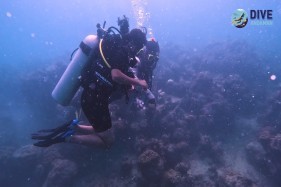
.jpg)
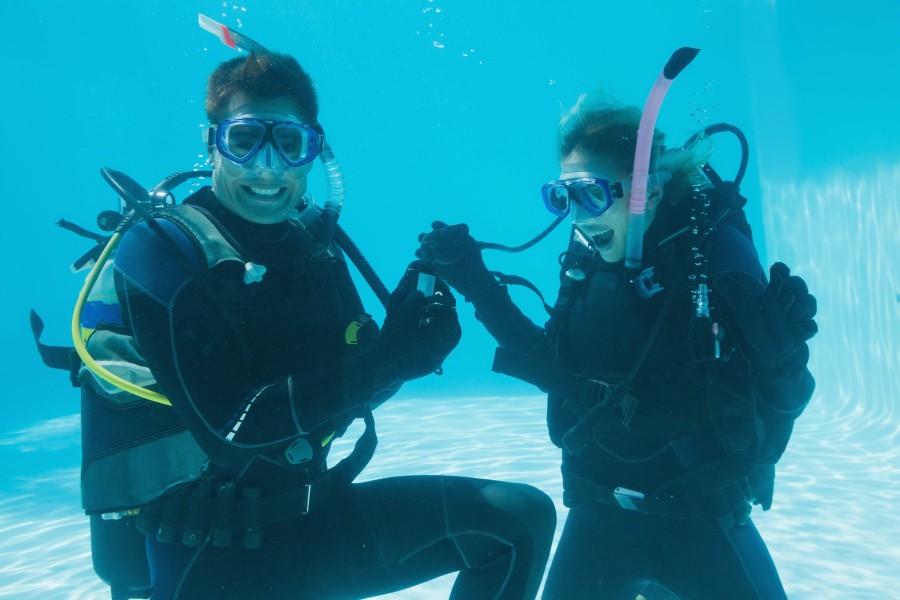
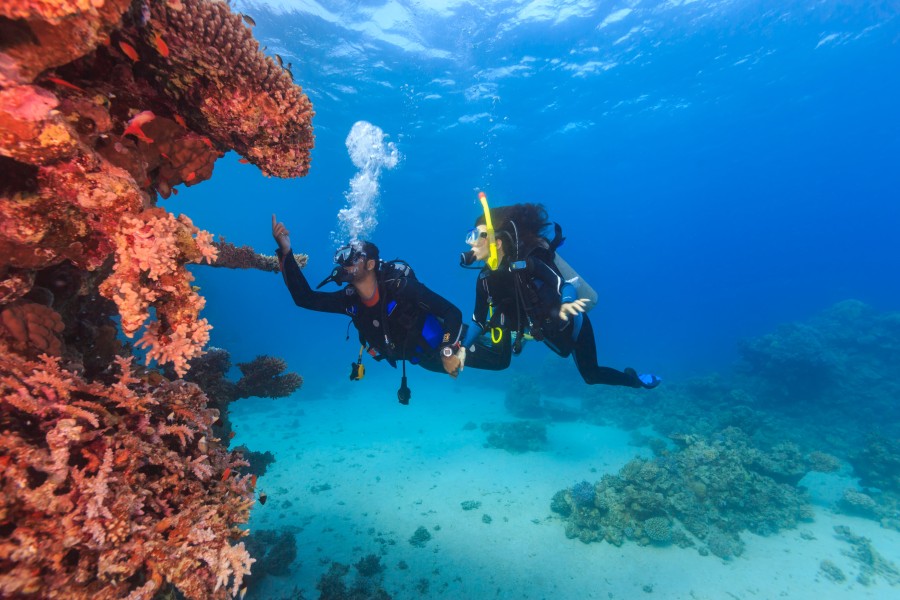
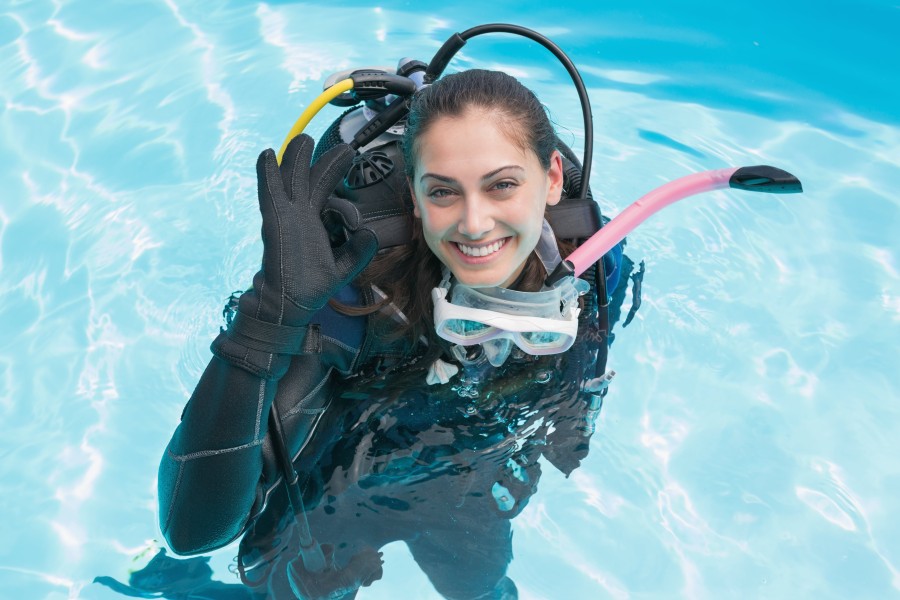
DiverCourse(1).jpg)
.jpg)
.jpg)
.jpg)
.jpg)
.jpg)
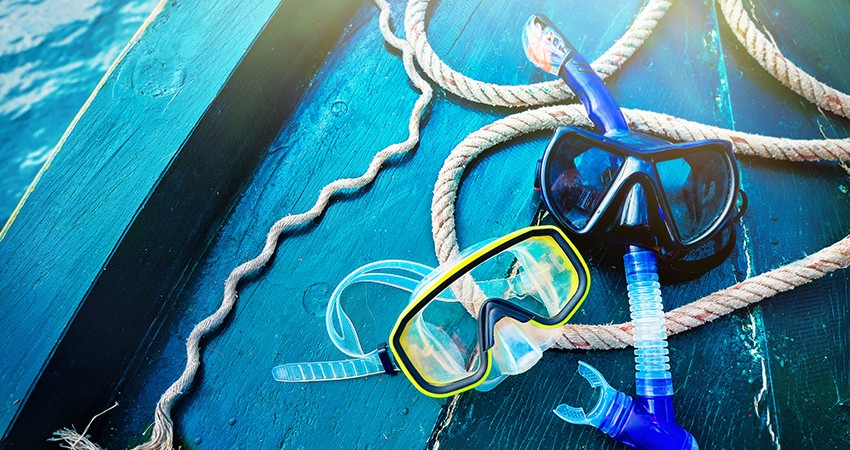
.jpg)
.jpg)
.jpg)
.jpg)
.jpg)
.jpg)
.jpg)
.jpg)


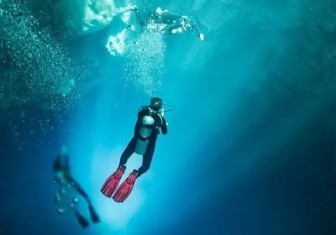
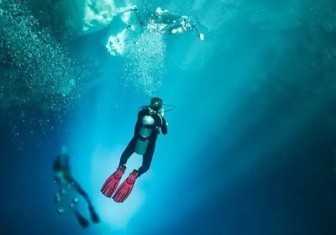
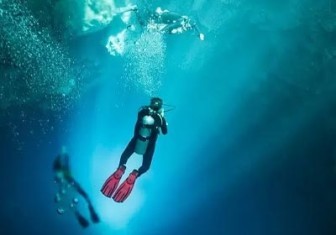
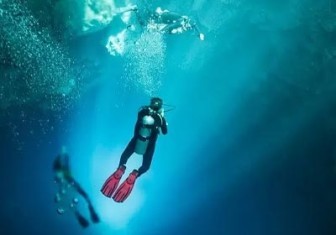

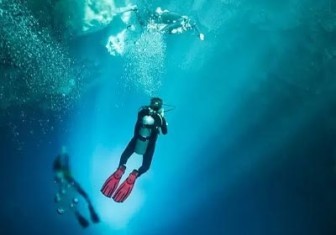
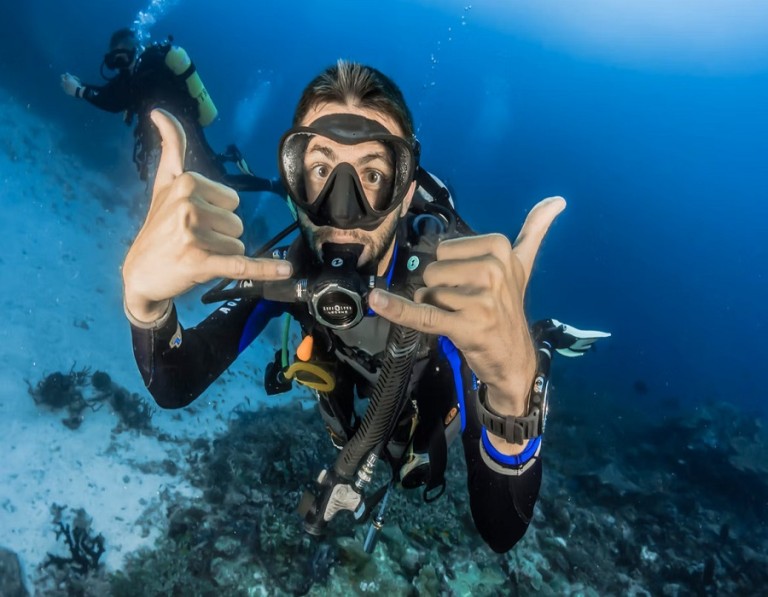
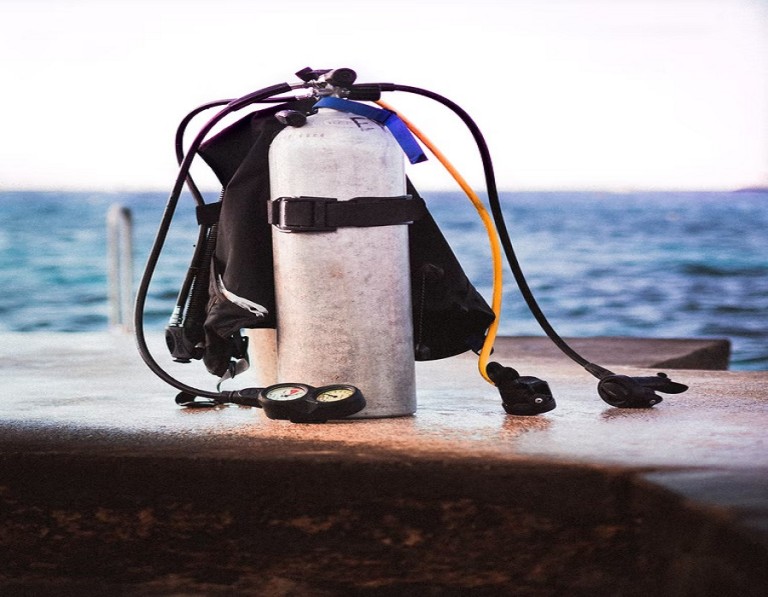
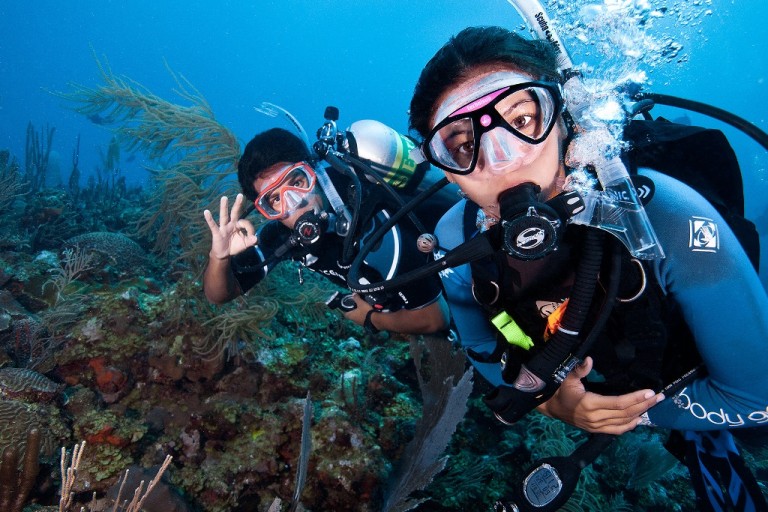
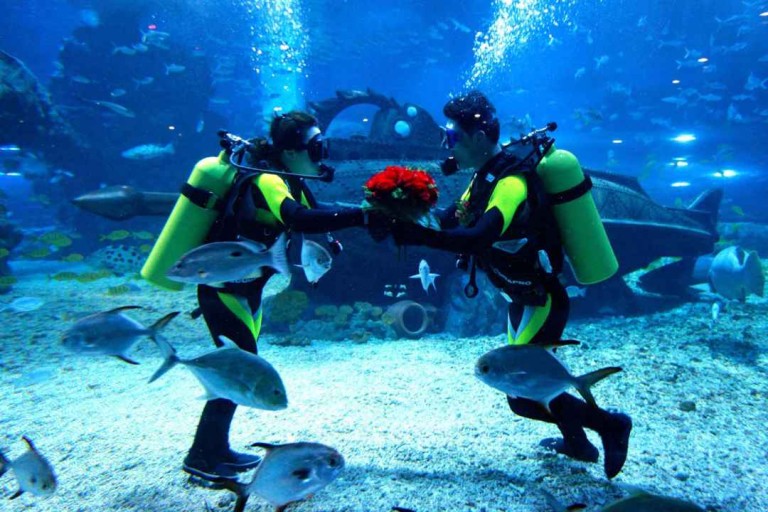
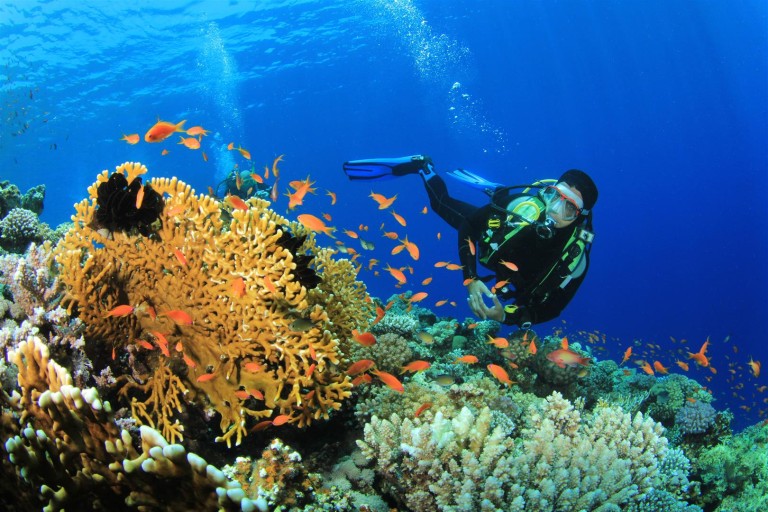
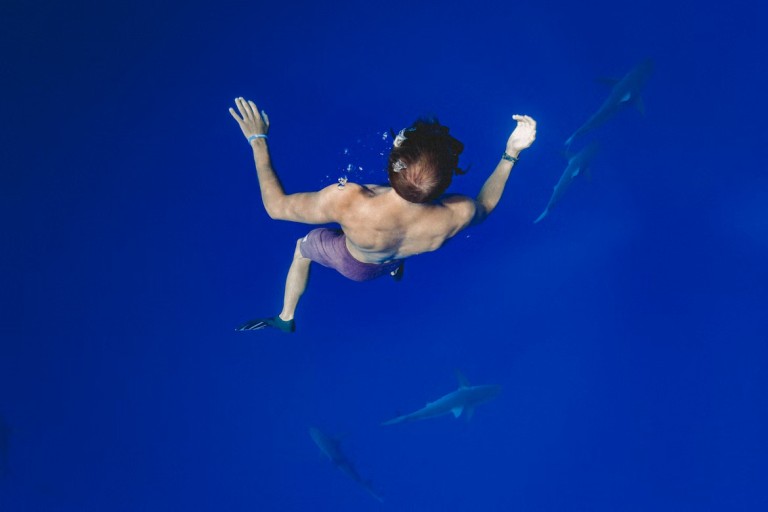
.jpg)
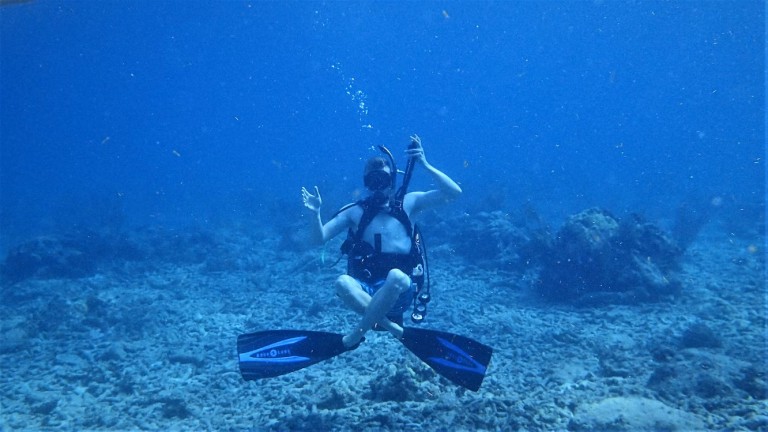
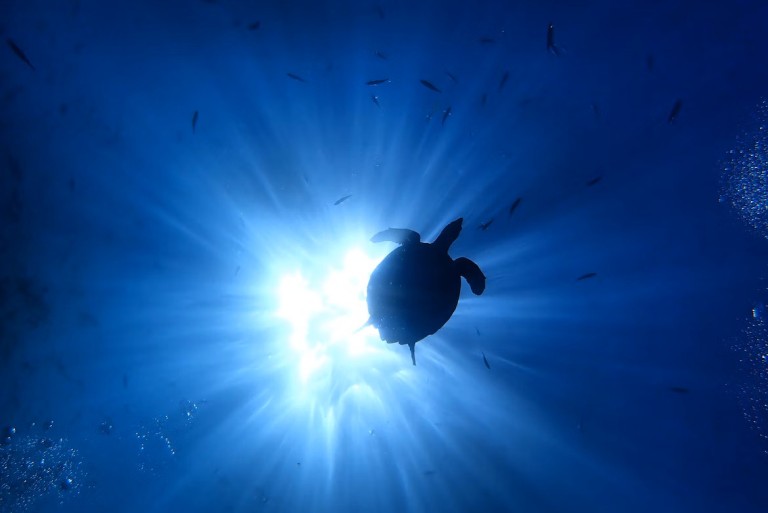
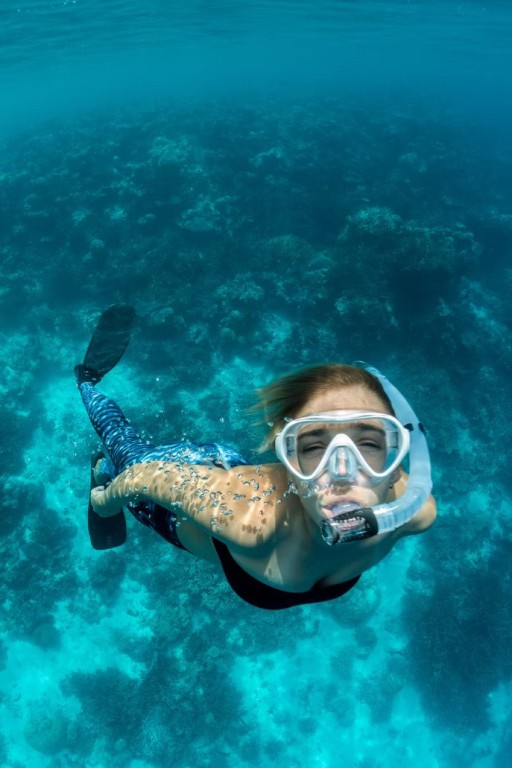
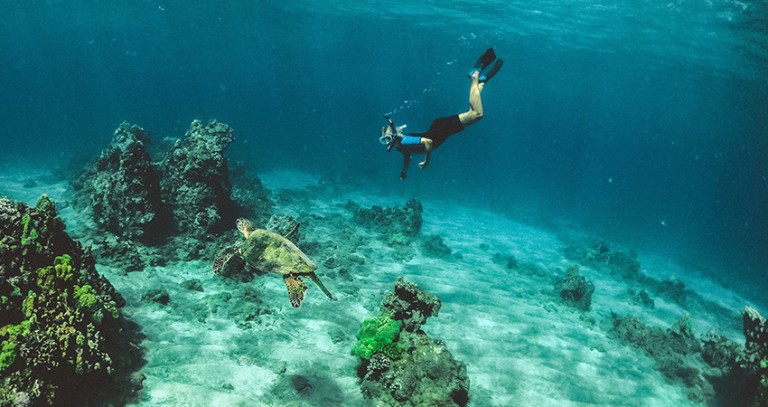
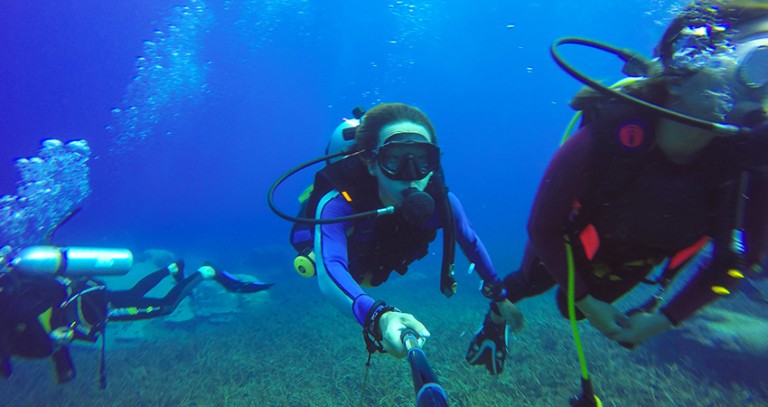
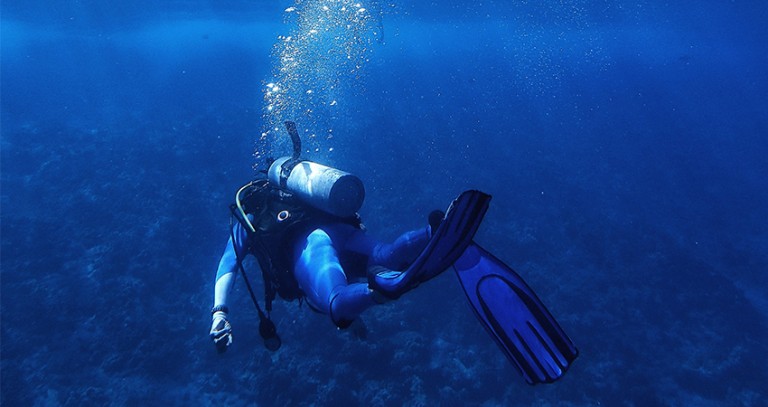
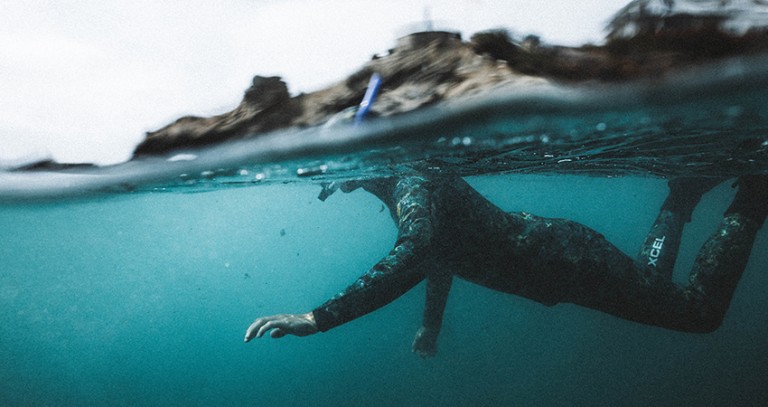
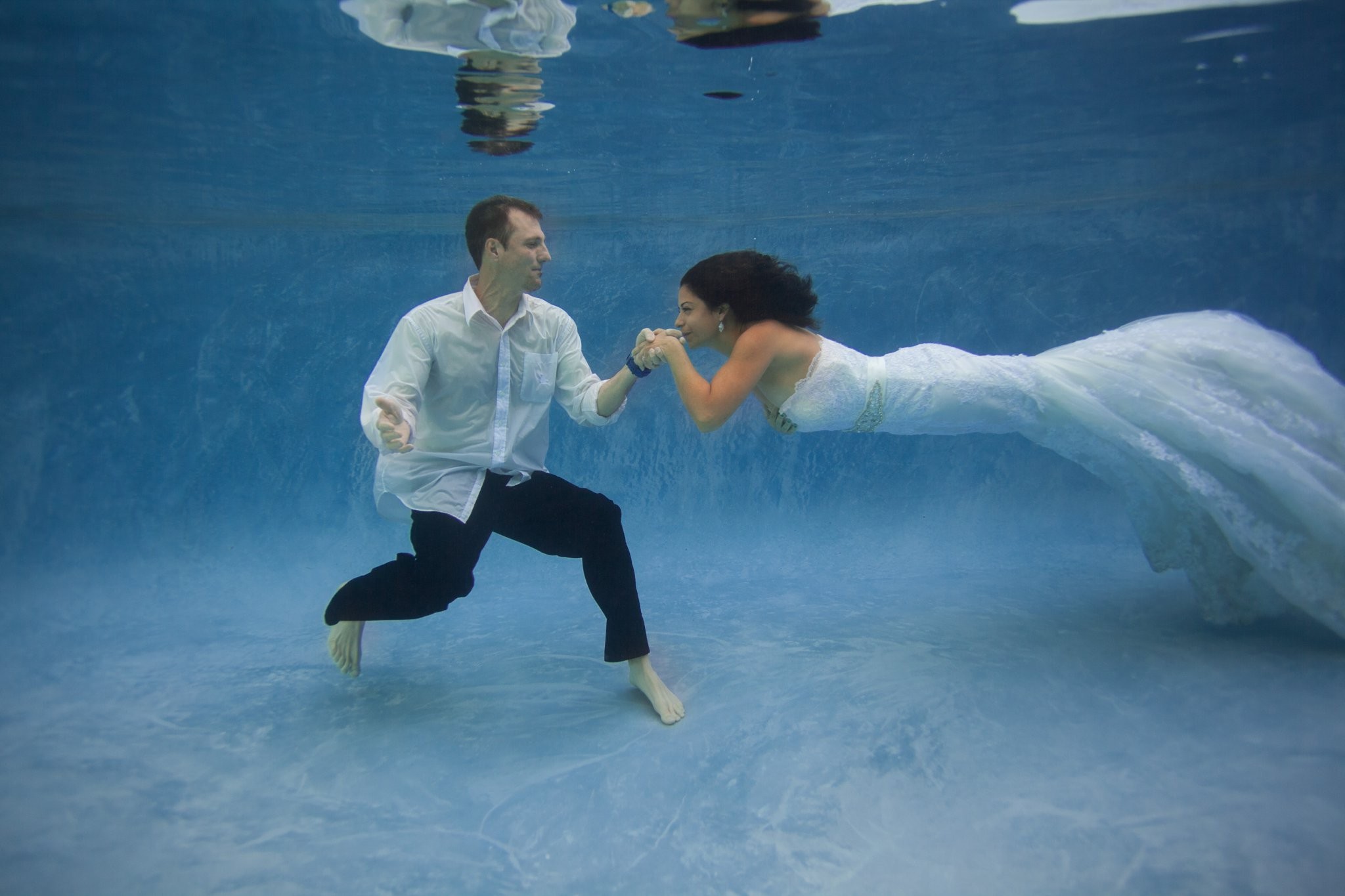
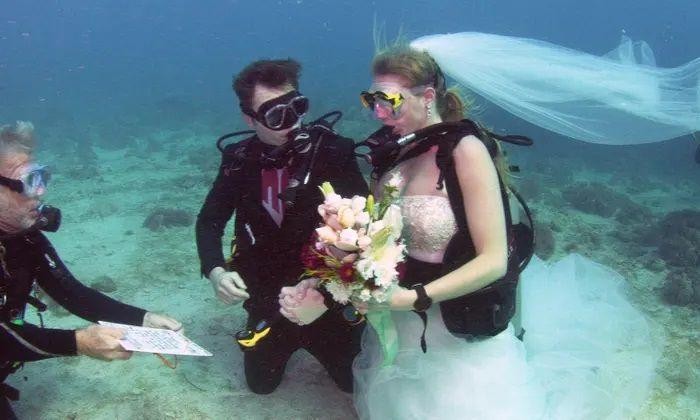
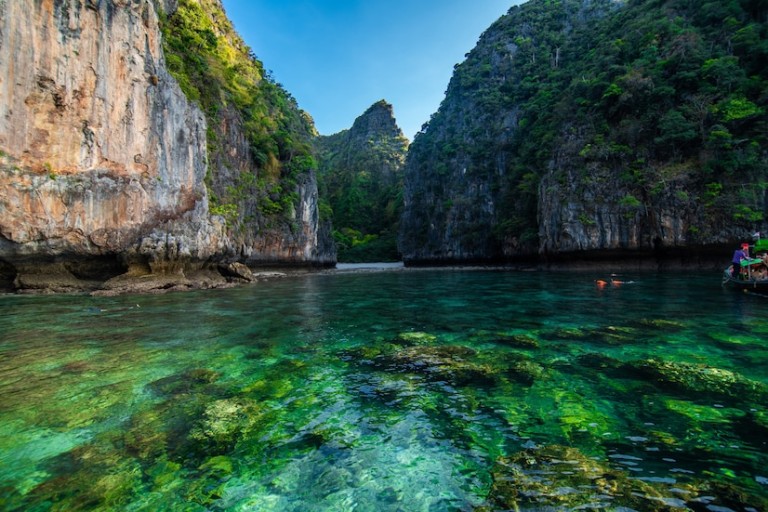
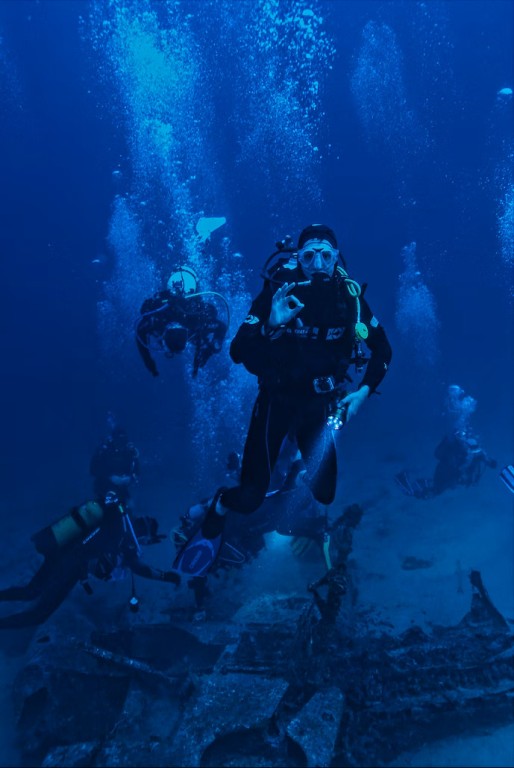
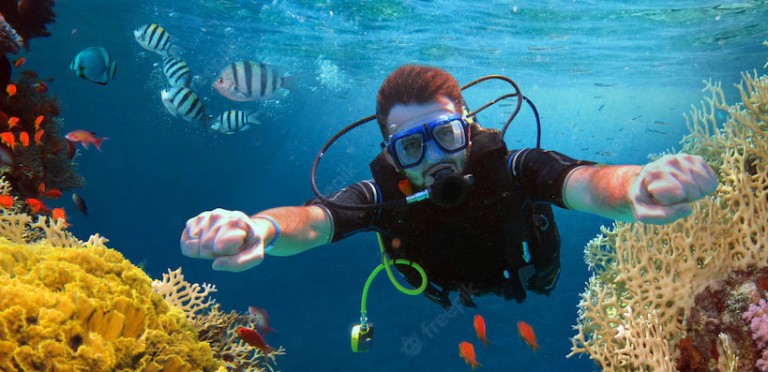
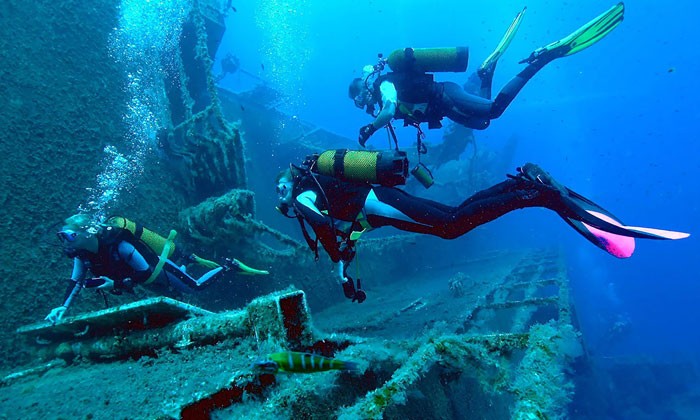
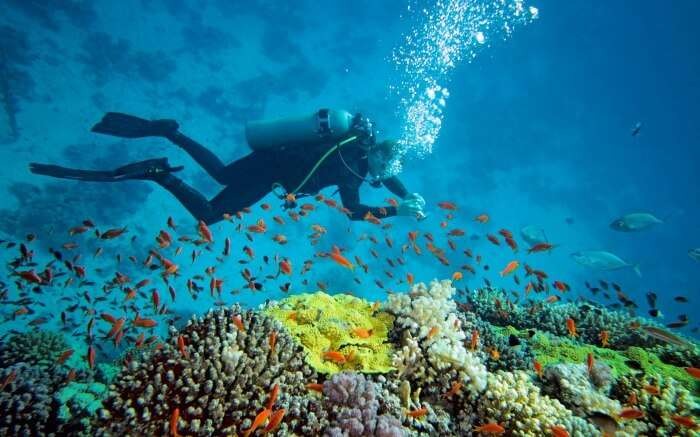
.jpg)
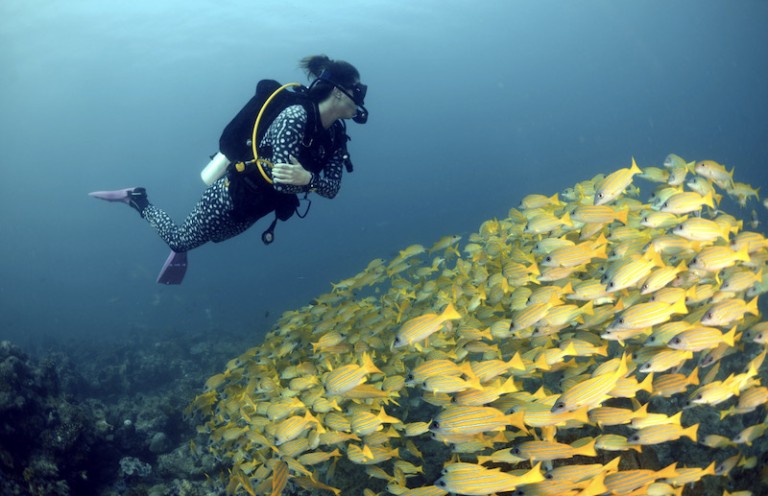
.jpg)
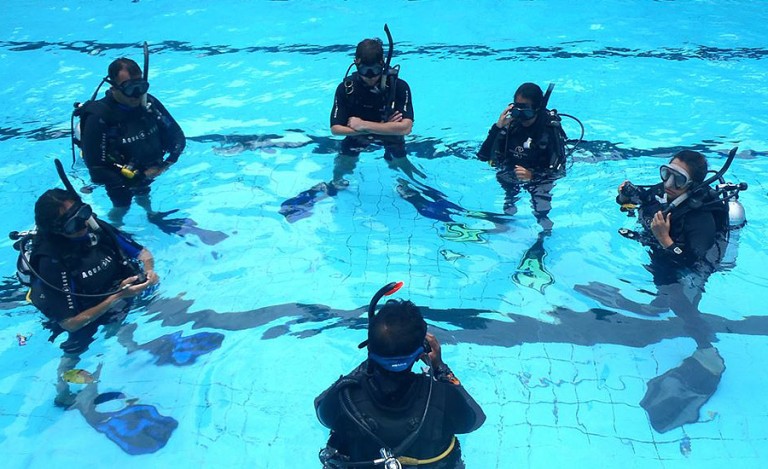
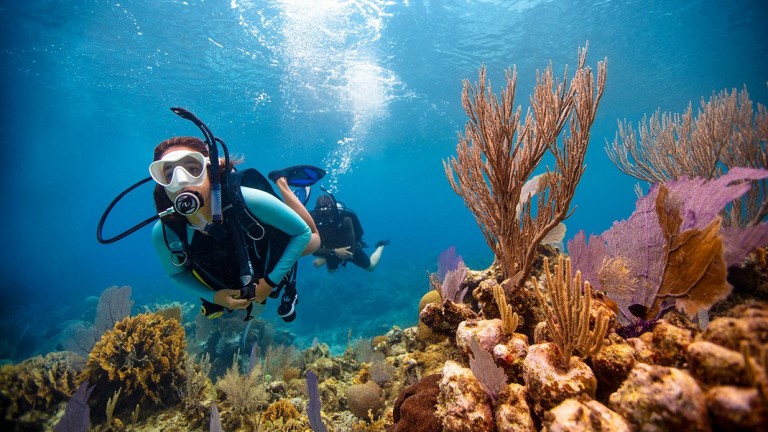
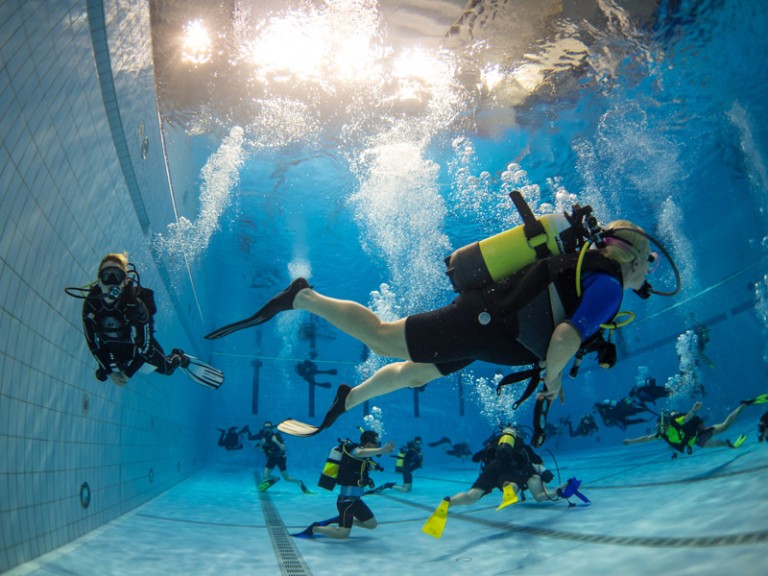
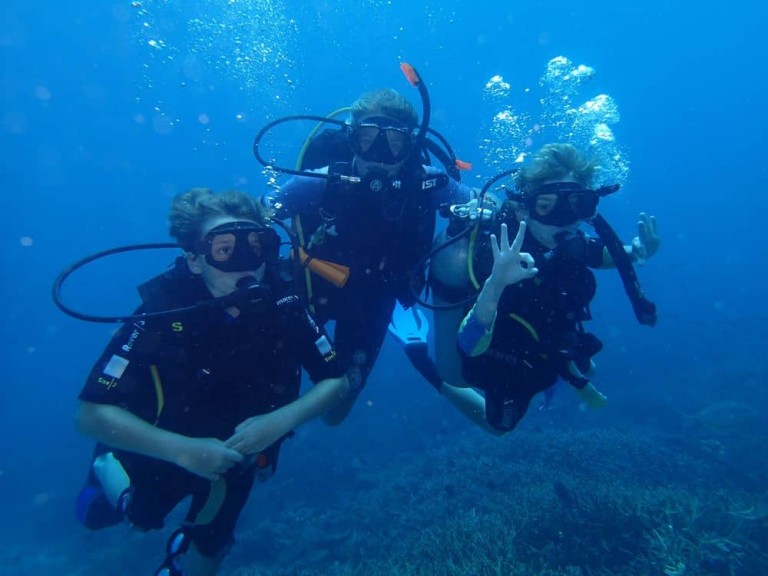
.jpg)
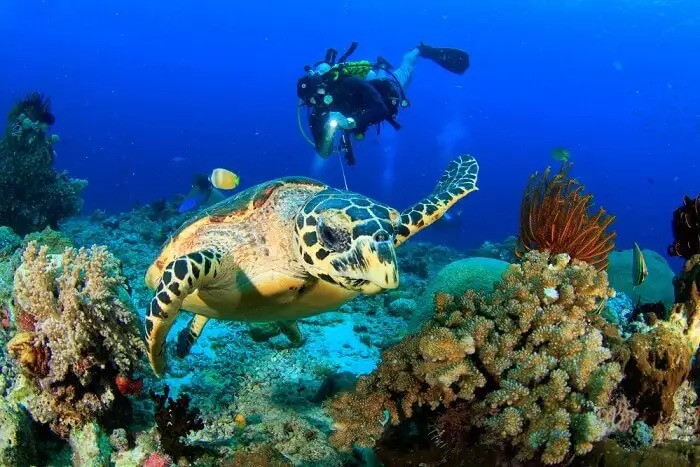
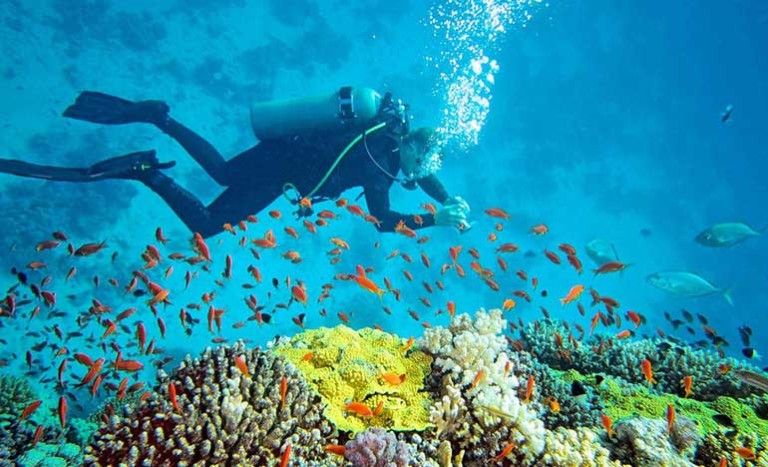
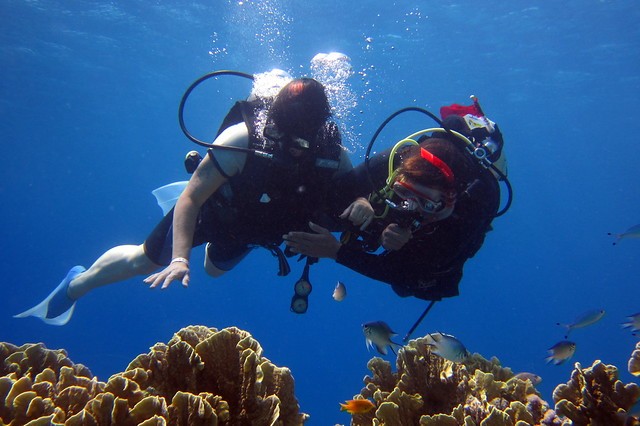
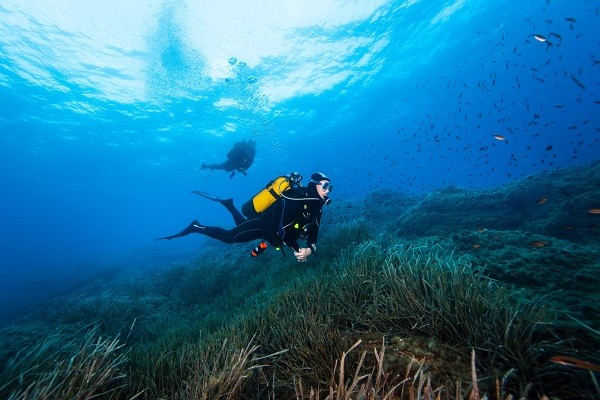
.jpg)
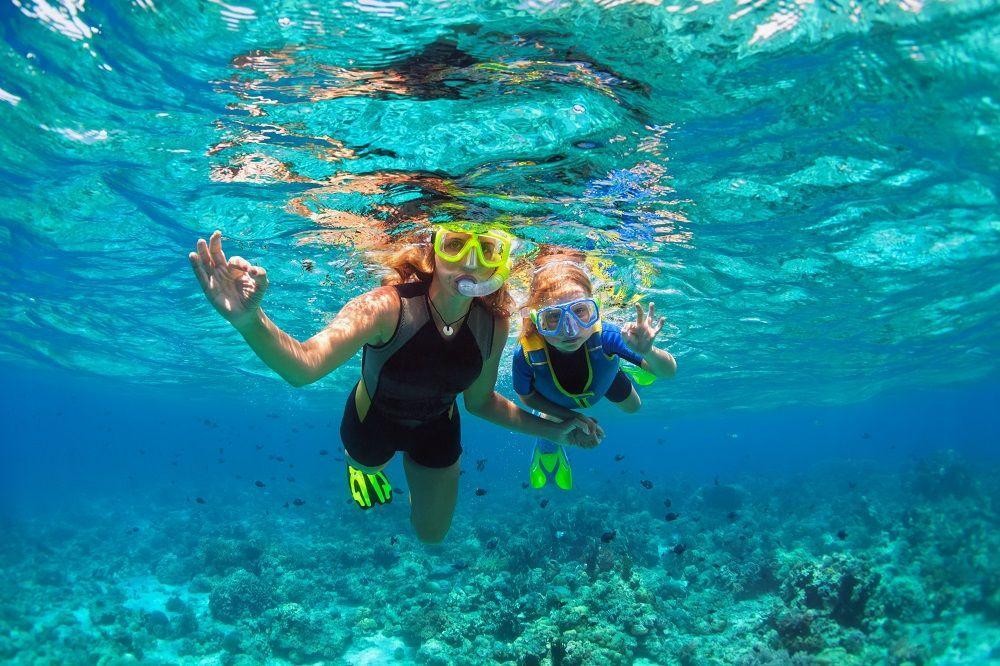
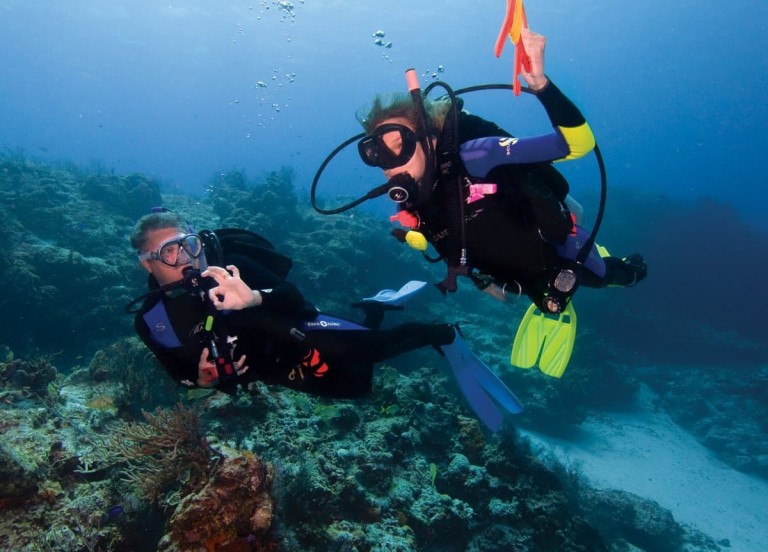
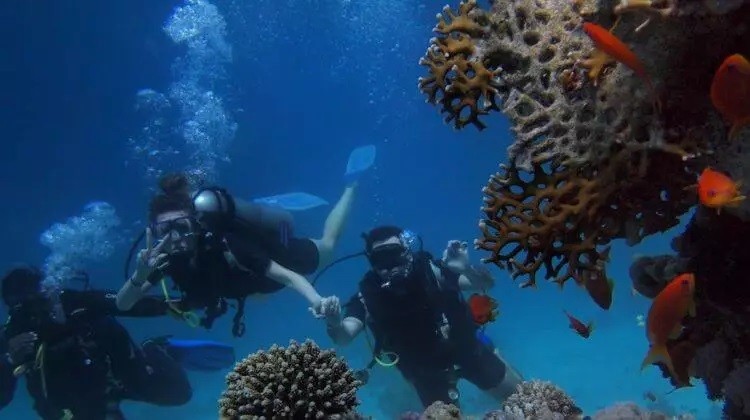
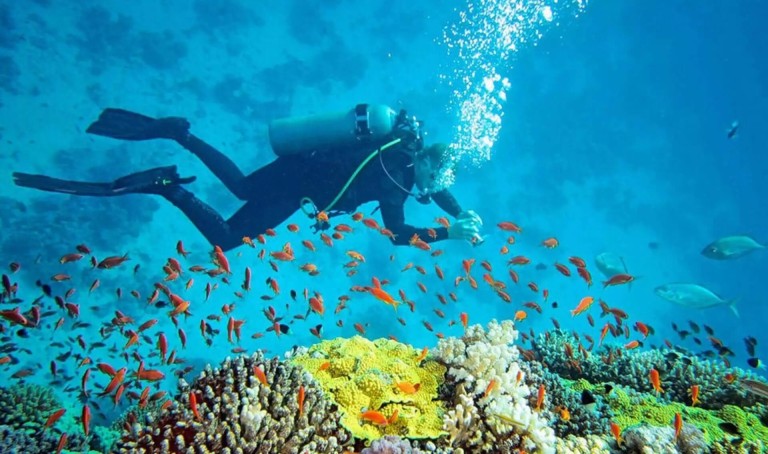
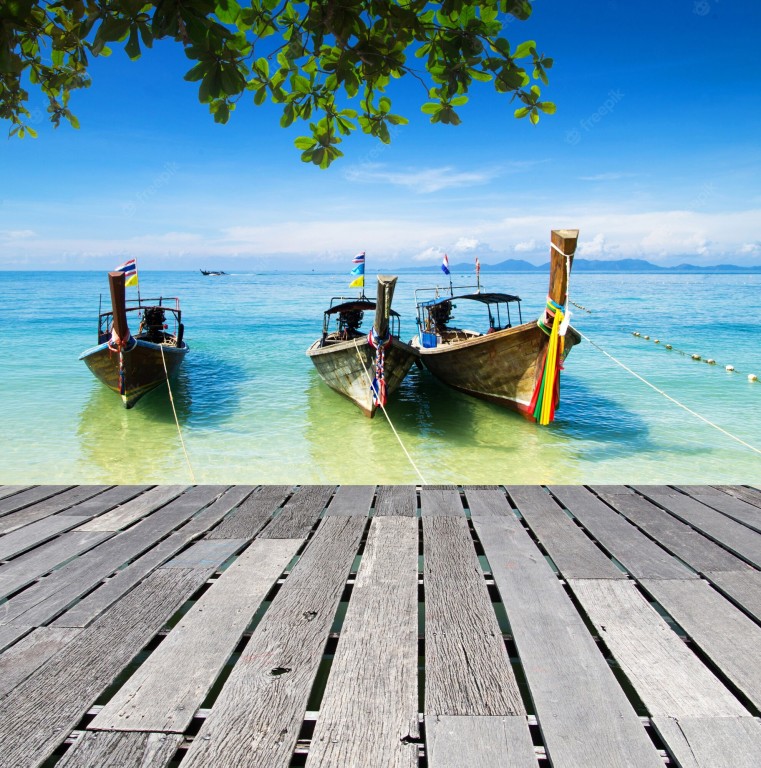
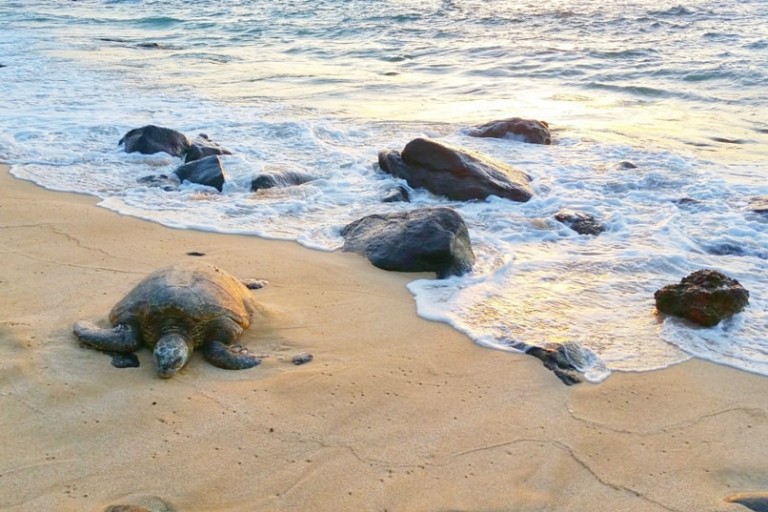
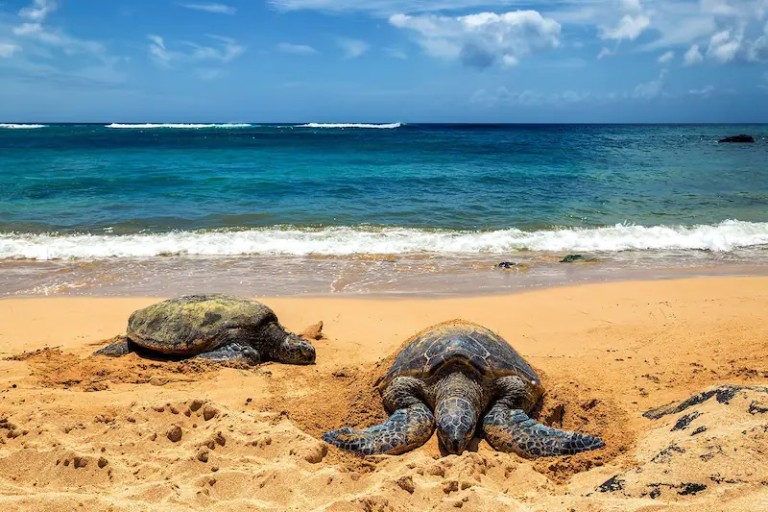
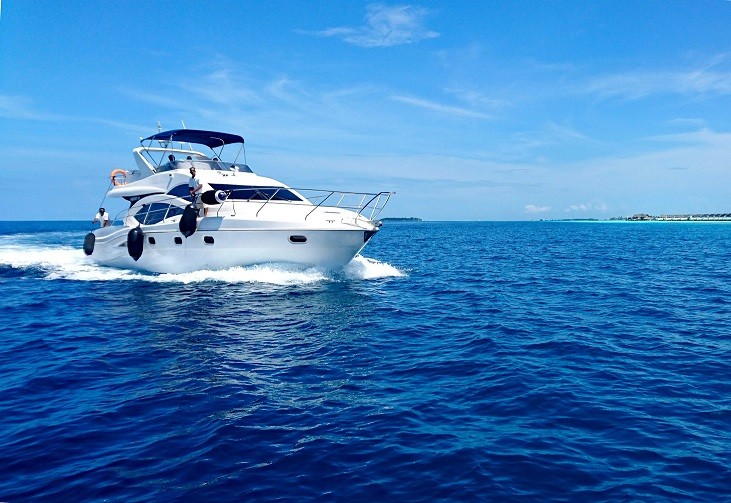
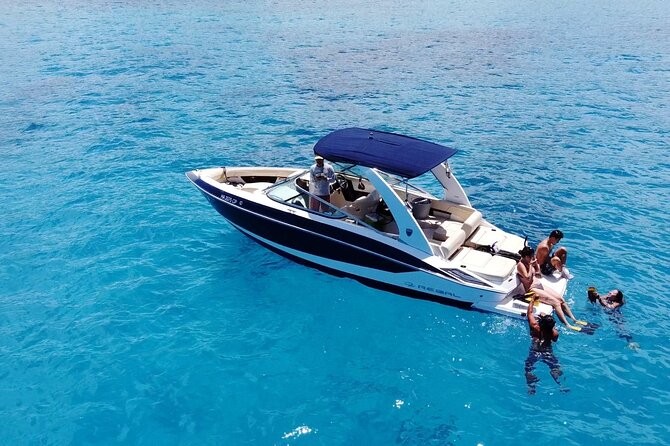
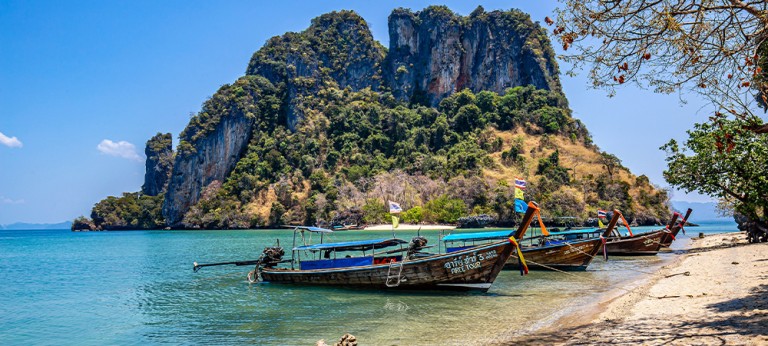
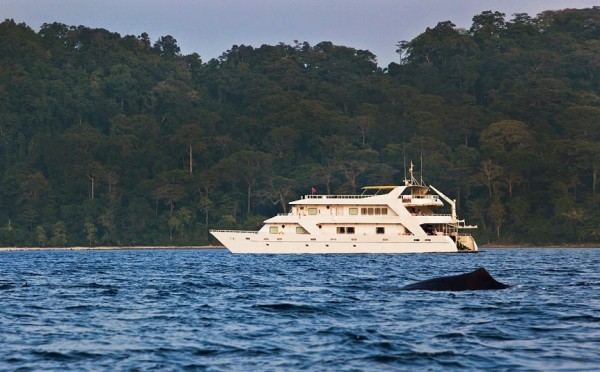
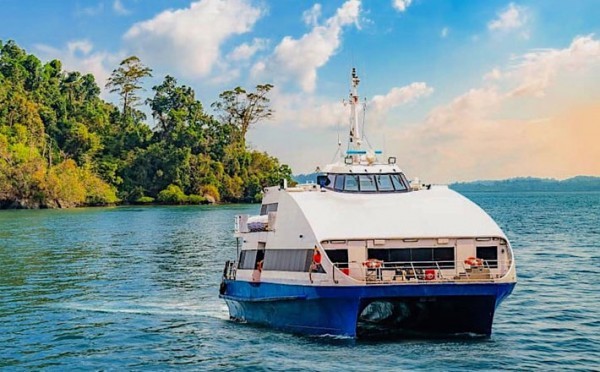
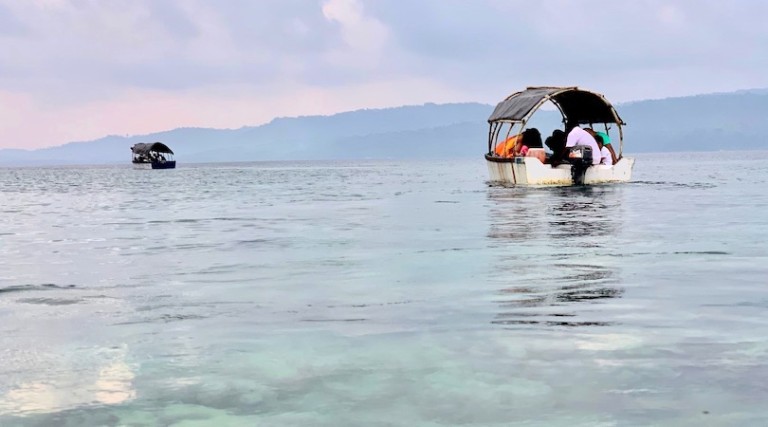
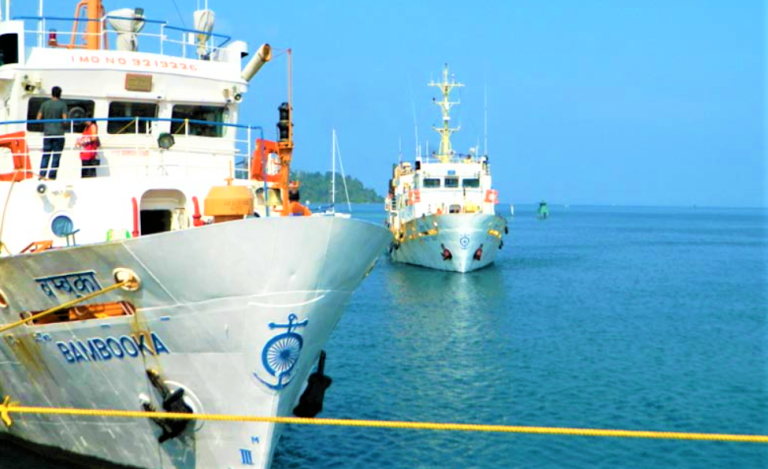
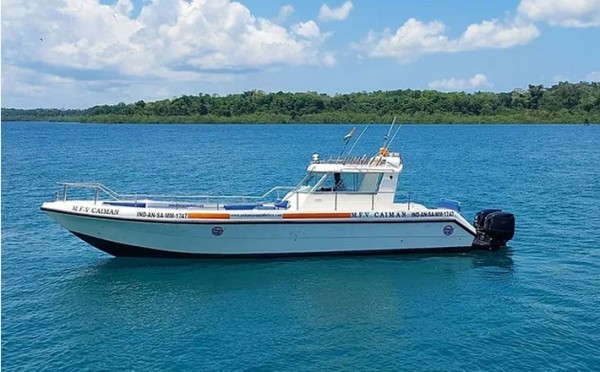
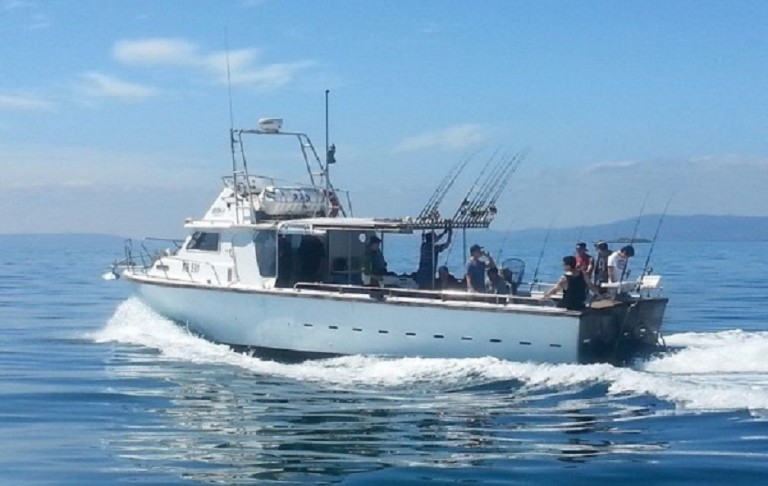
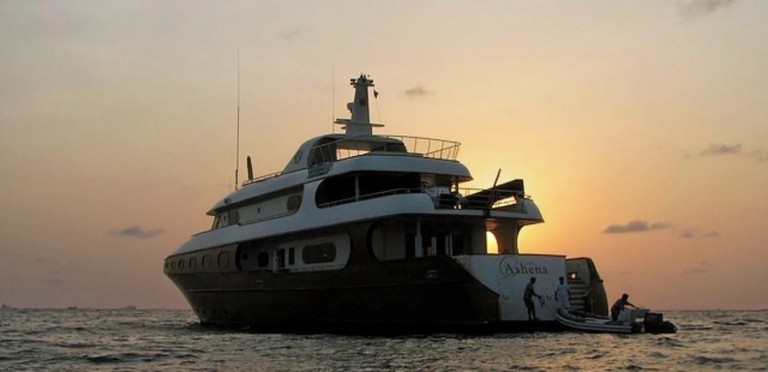
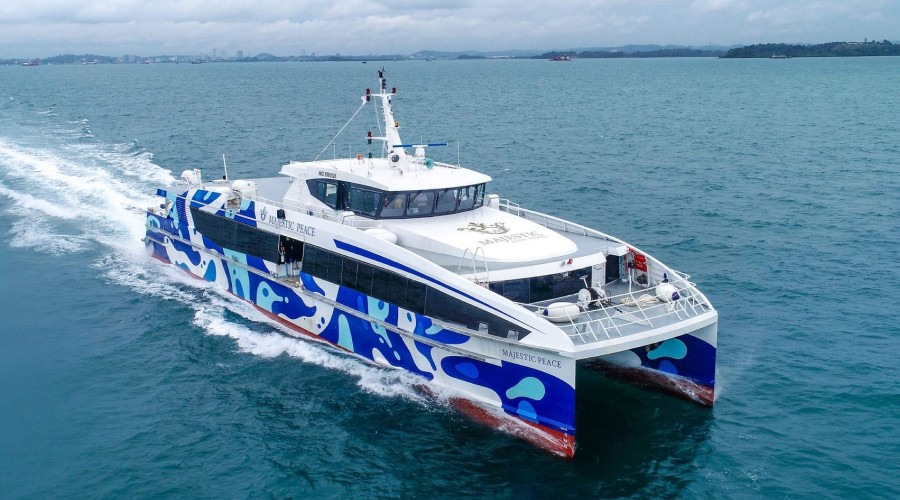
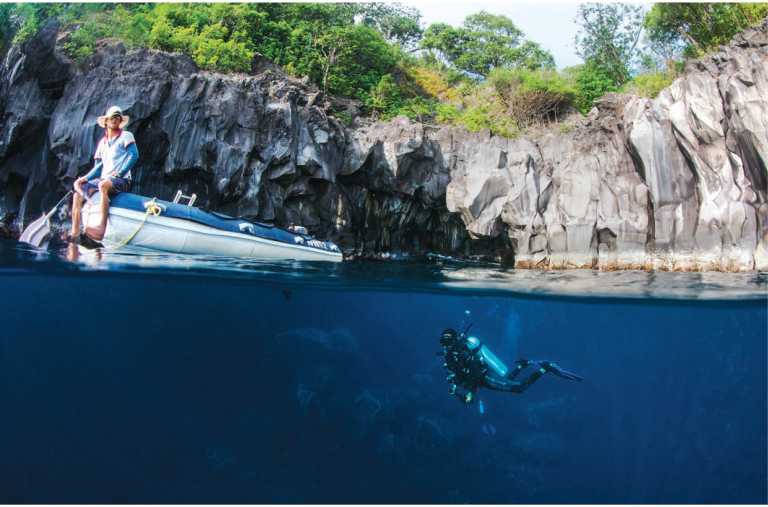
.jpg)
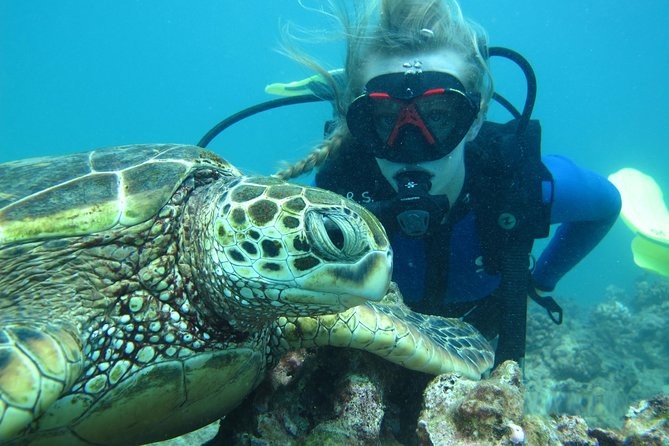
.jpg)
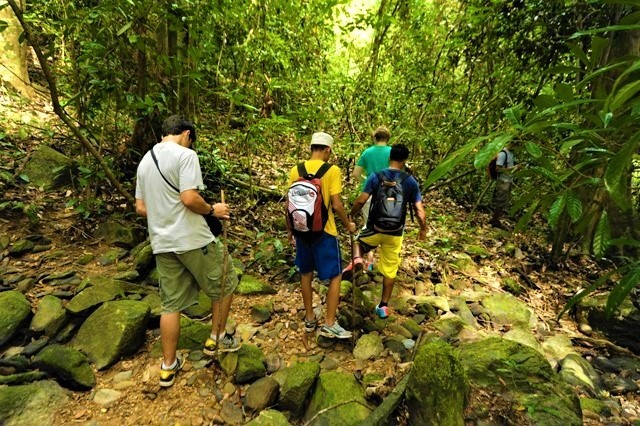
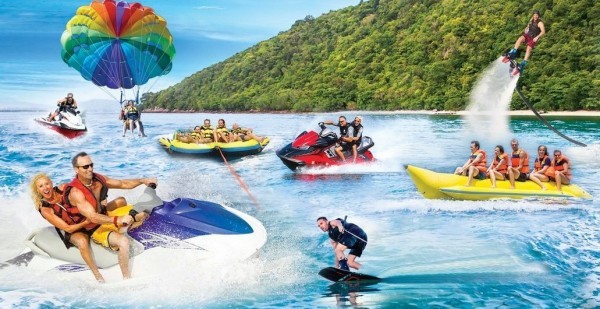
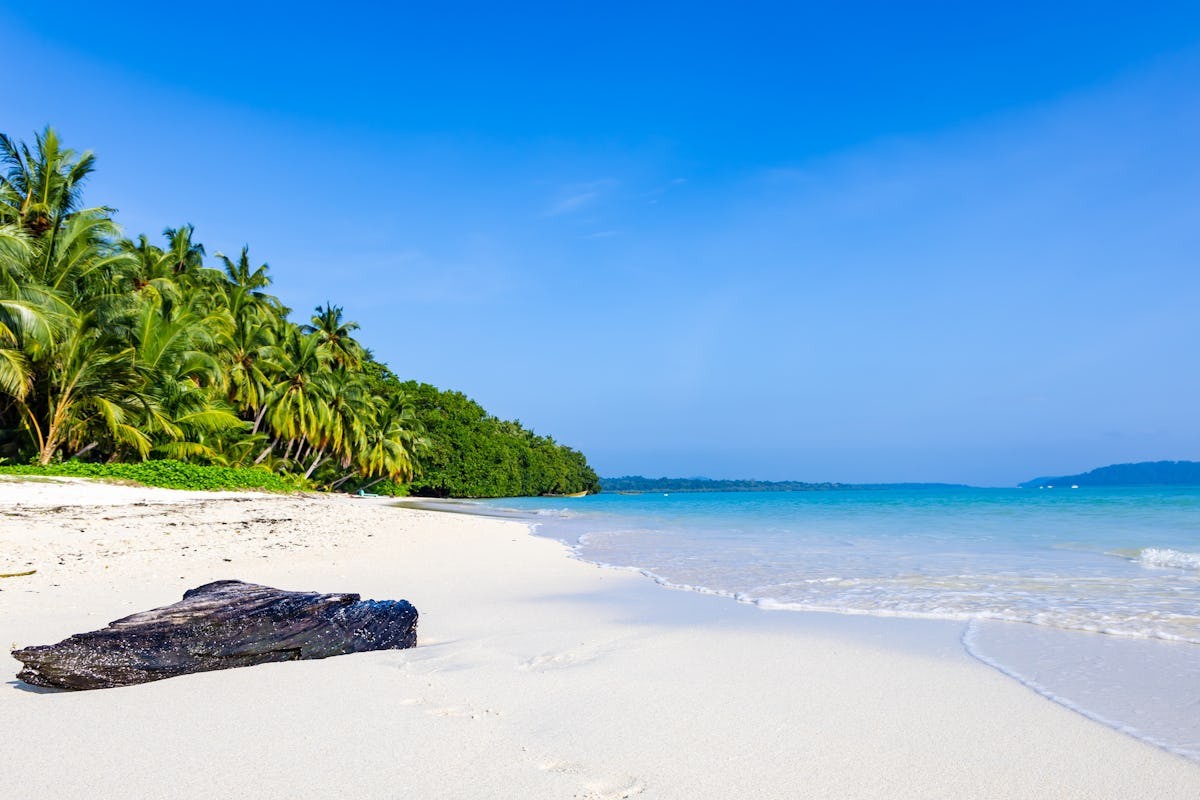
.jpg)
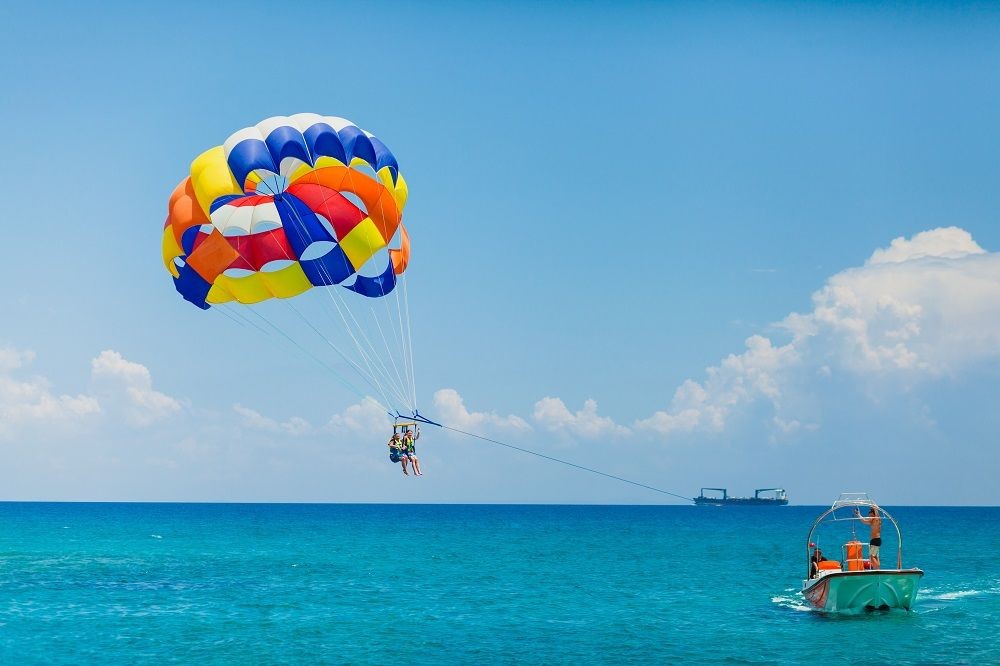
.jpg)
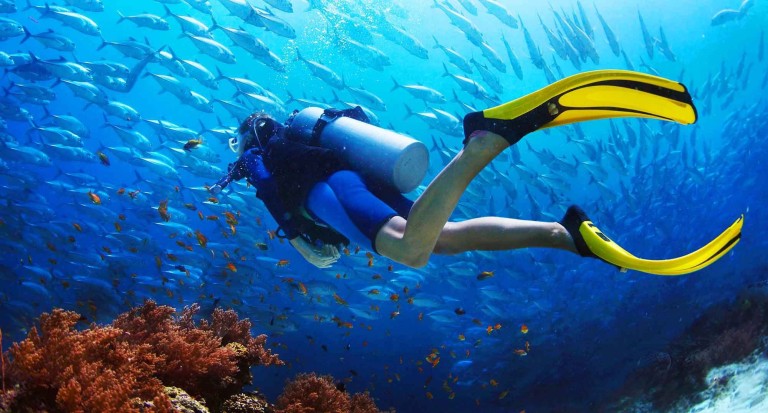
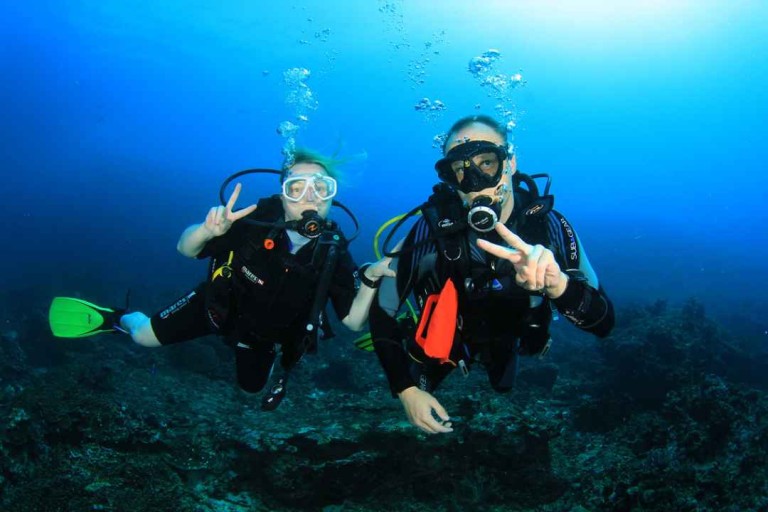
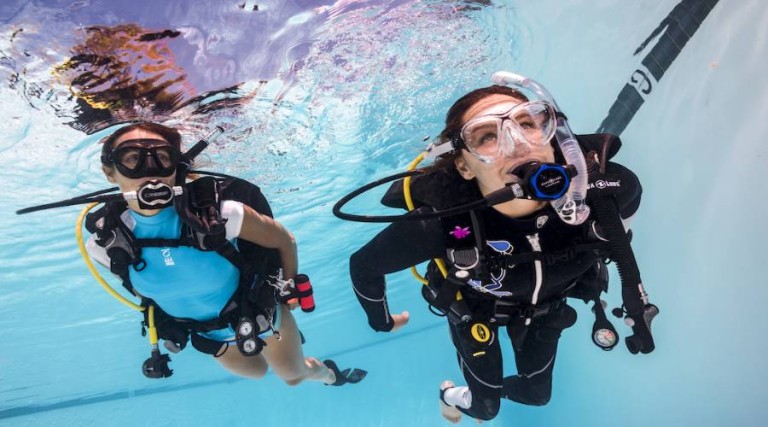
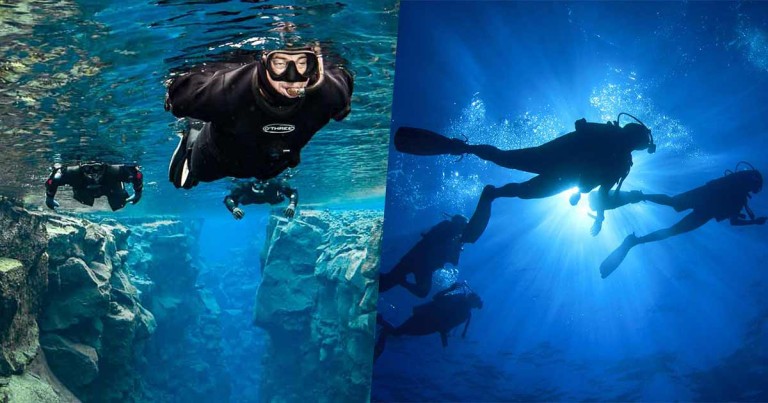
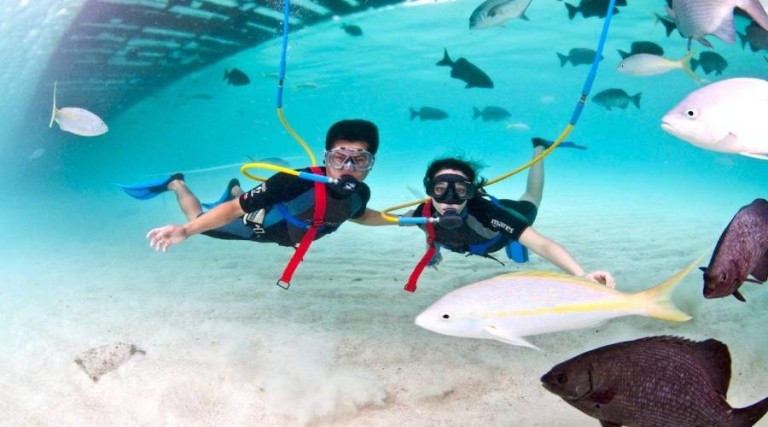
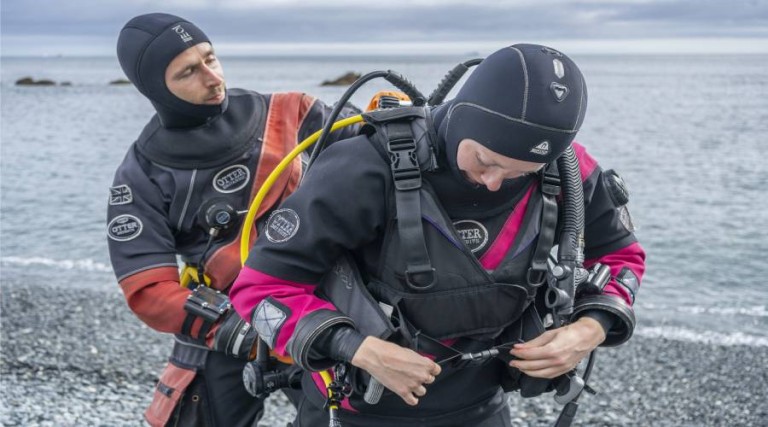
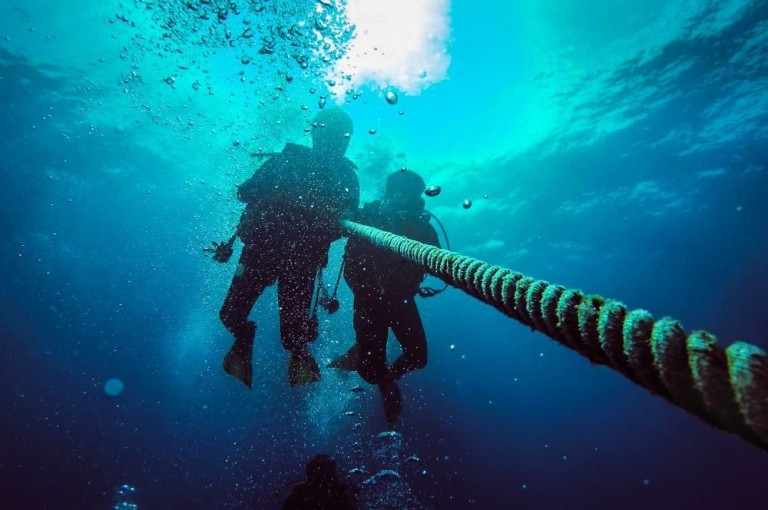
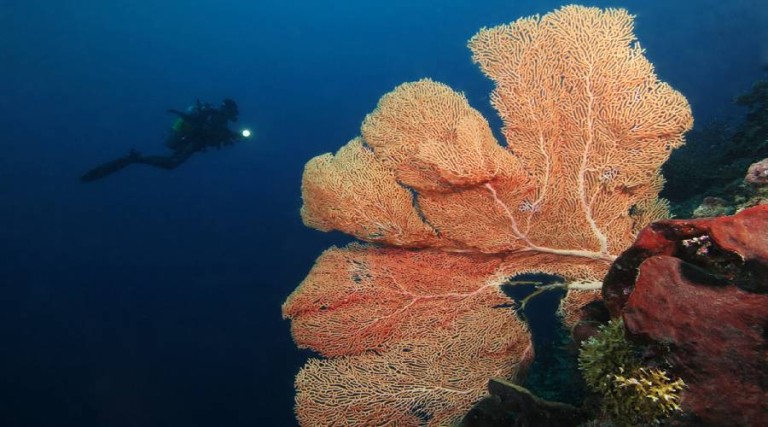
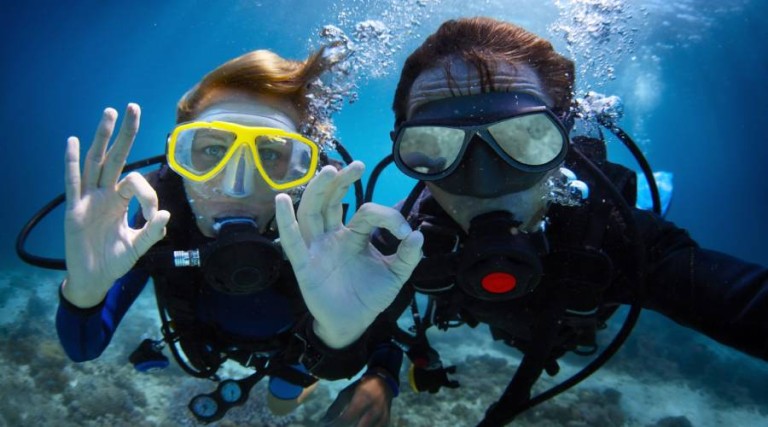
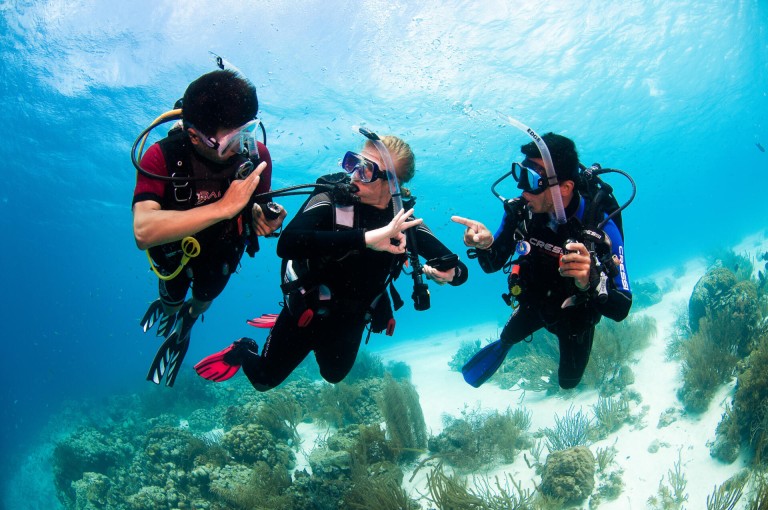
.jpg)
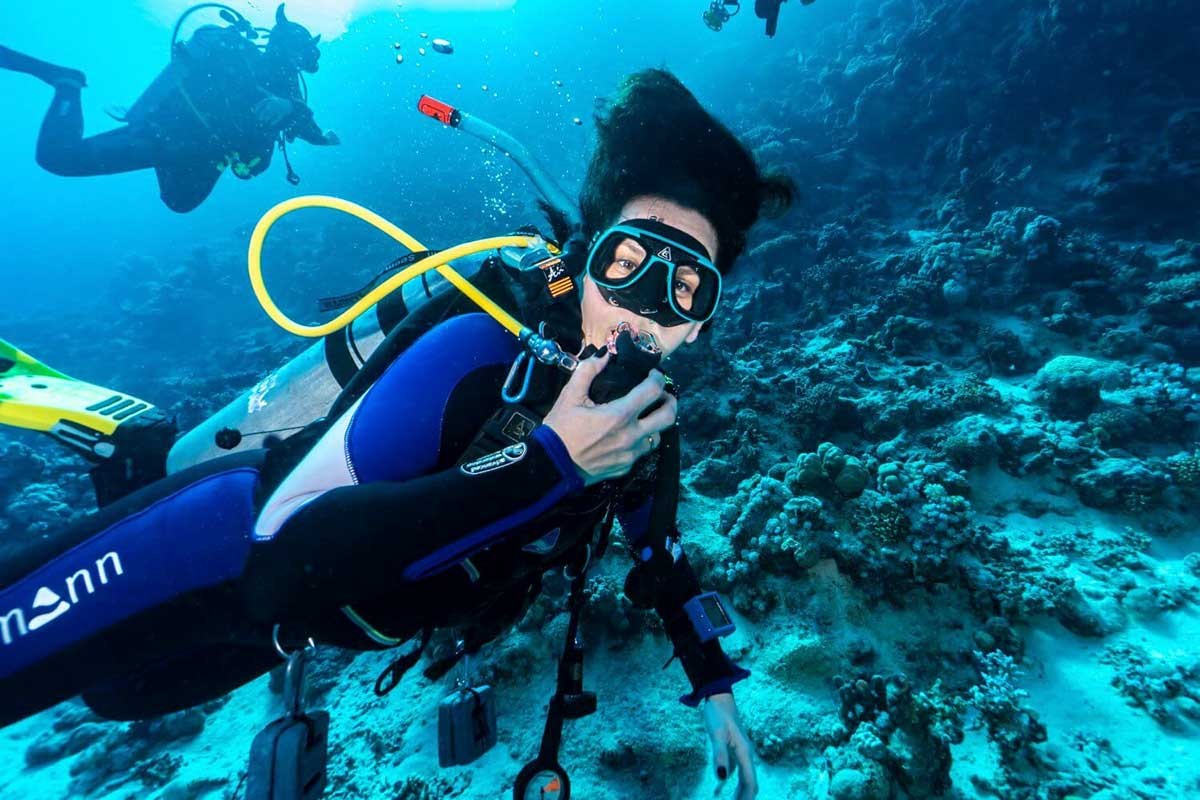
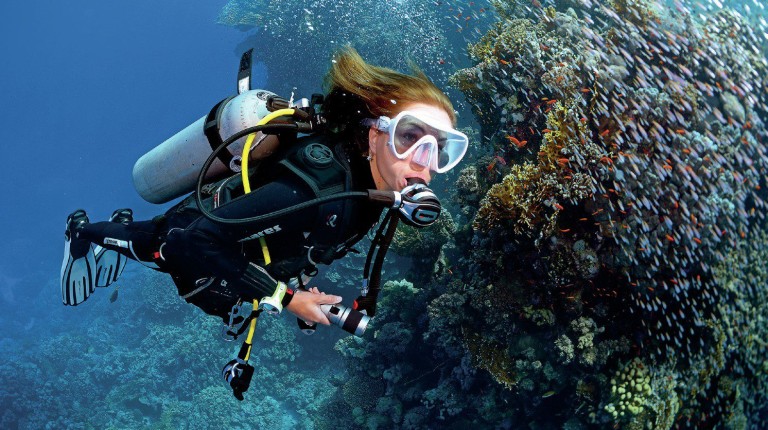
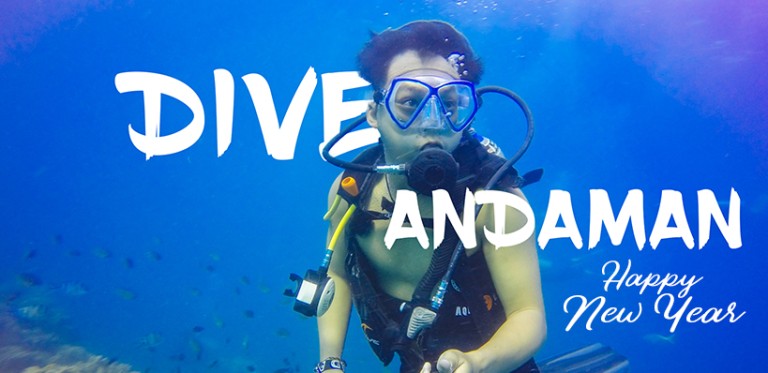
.jpg)
.jpg)
.jpg)
